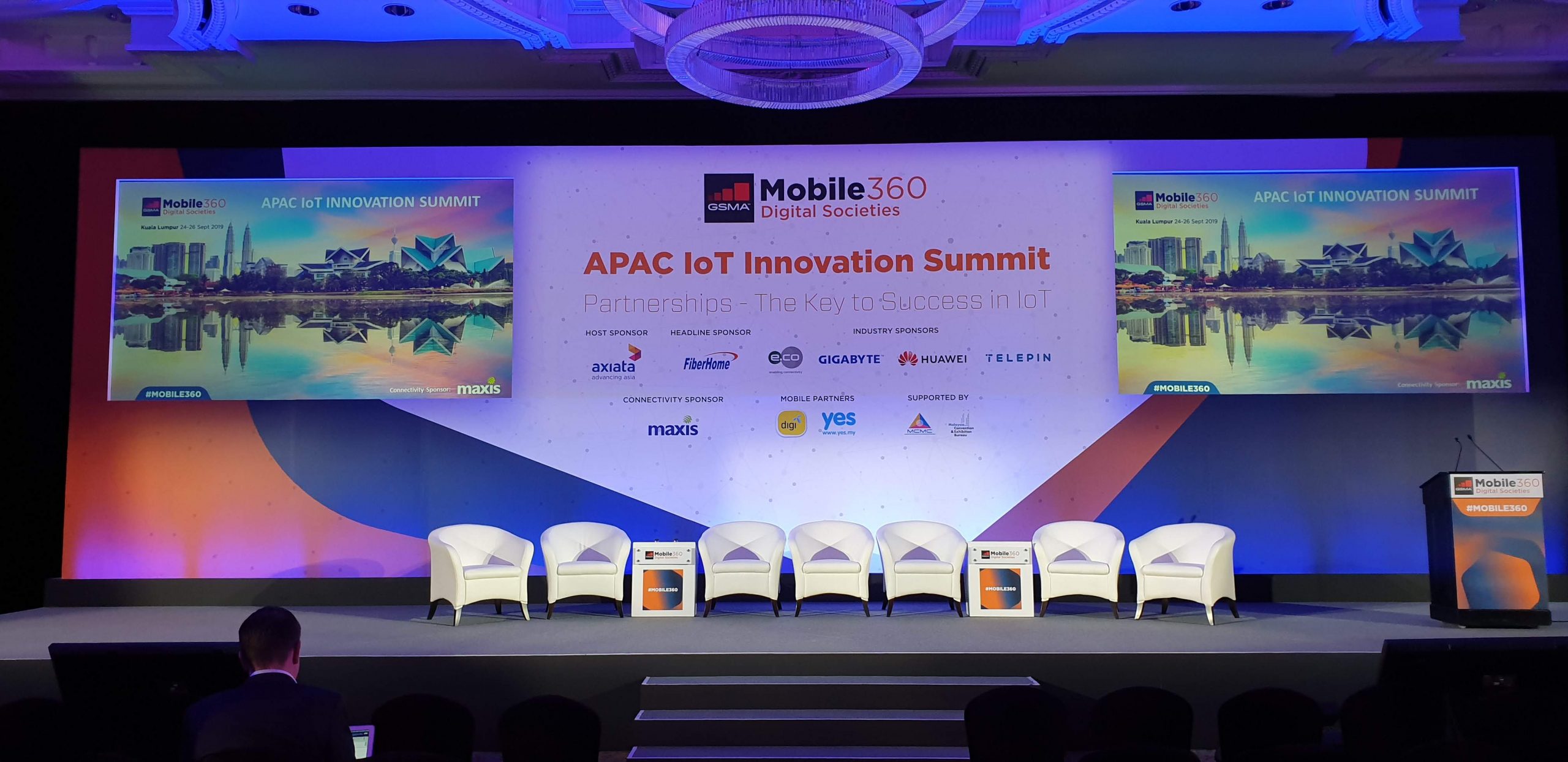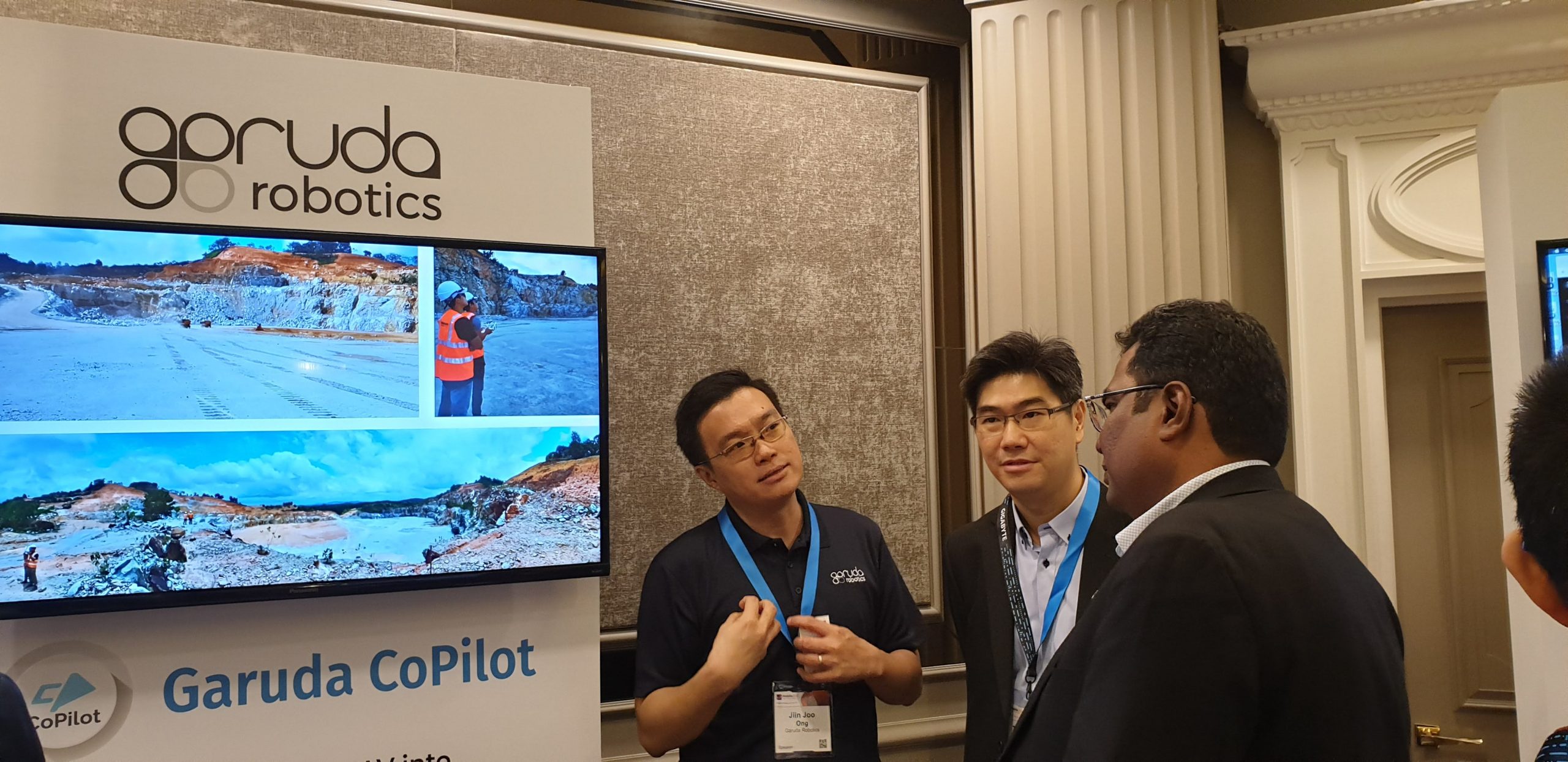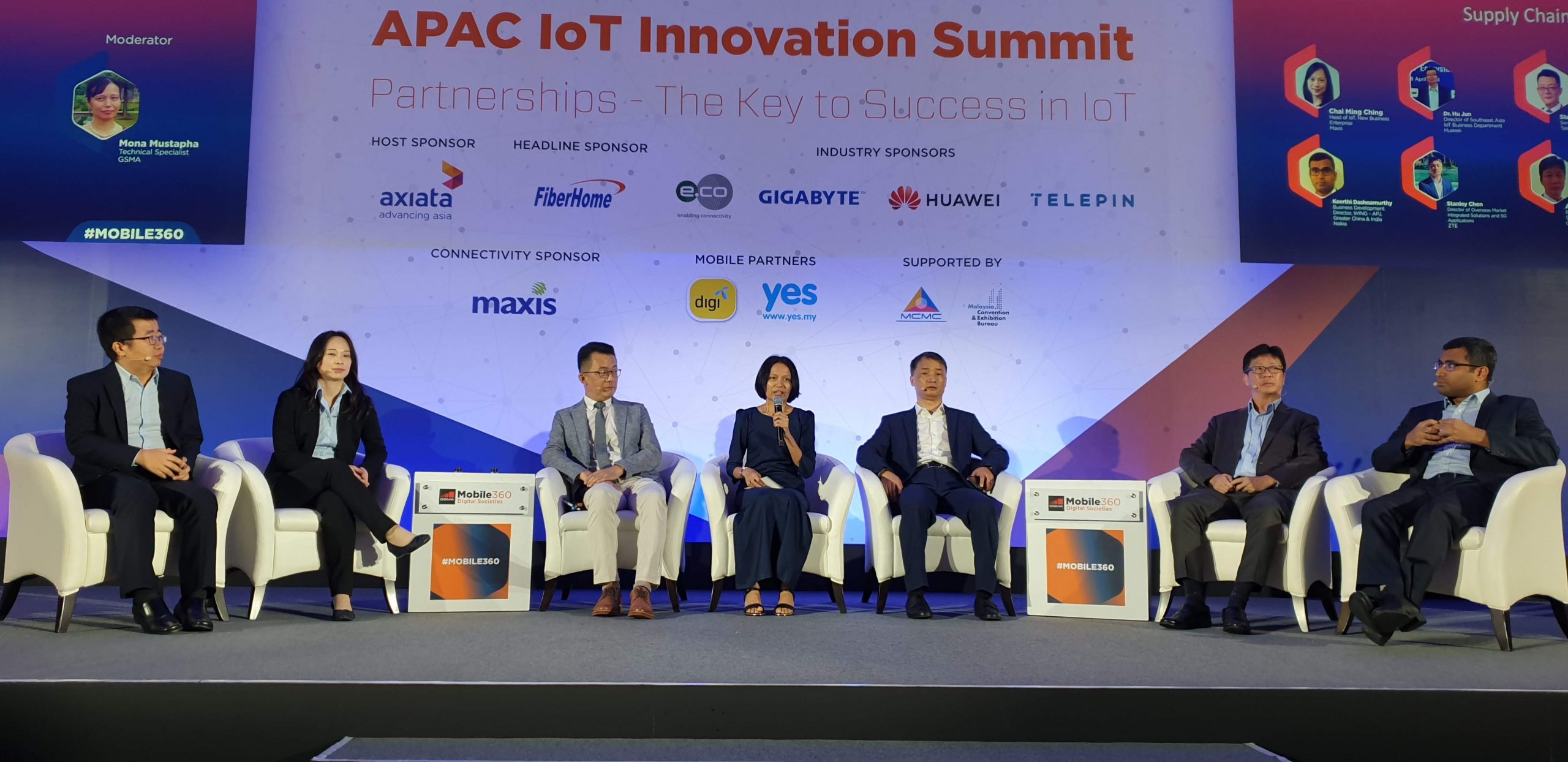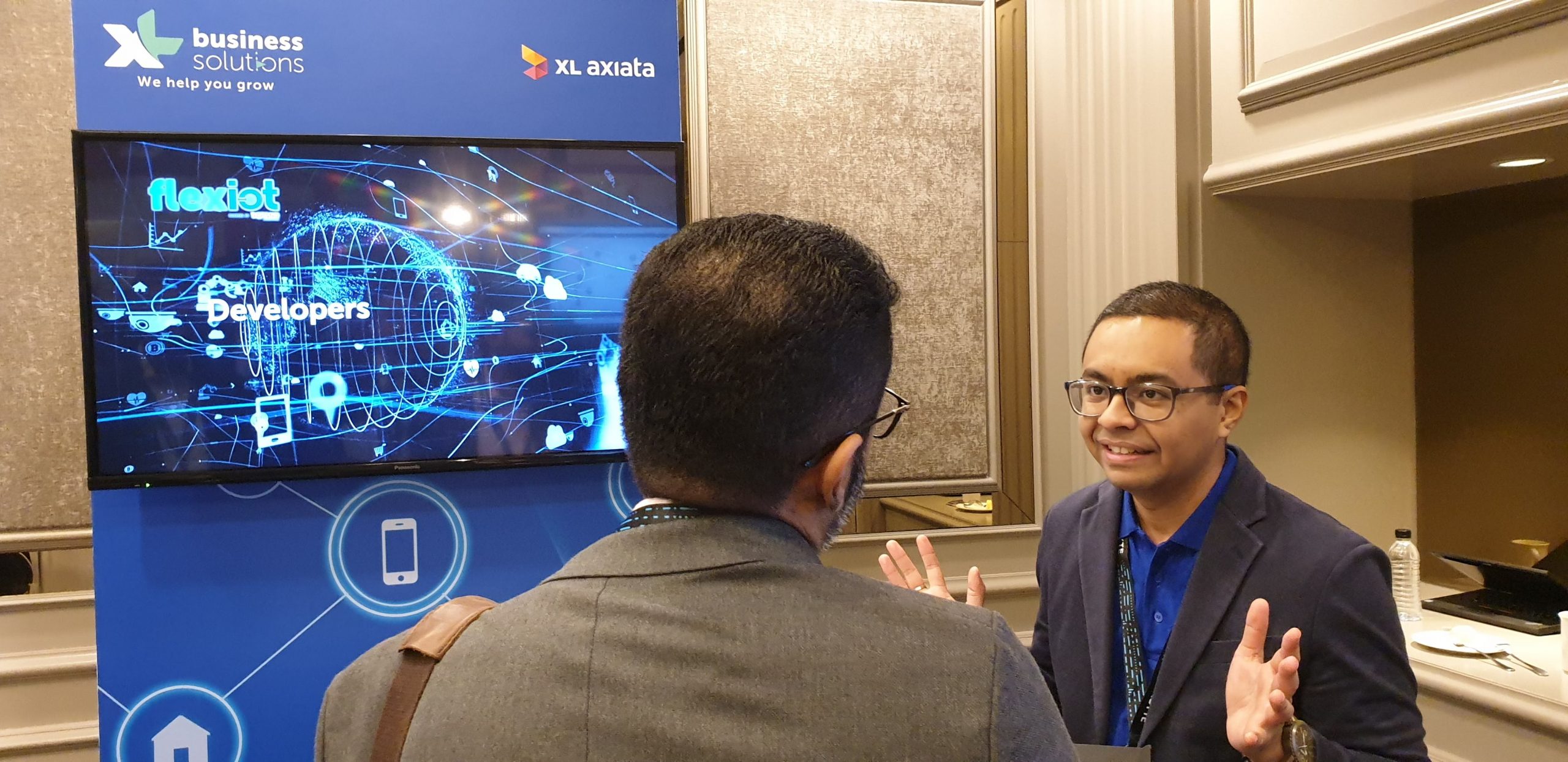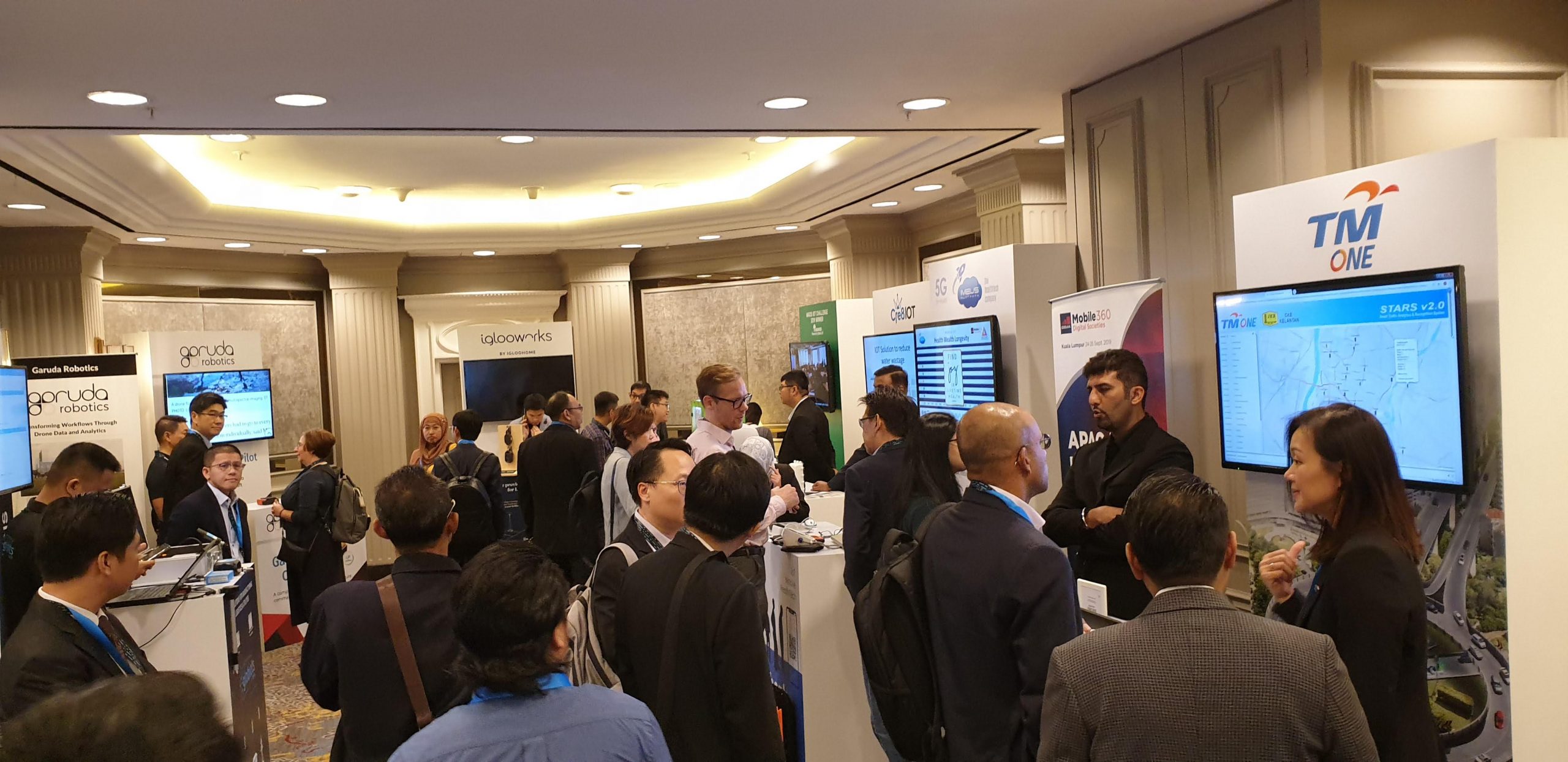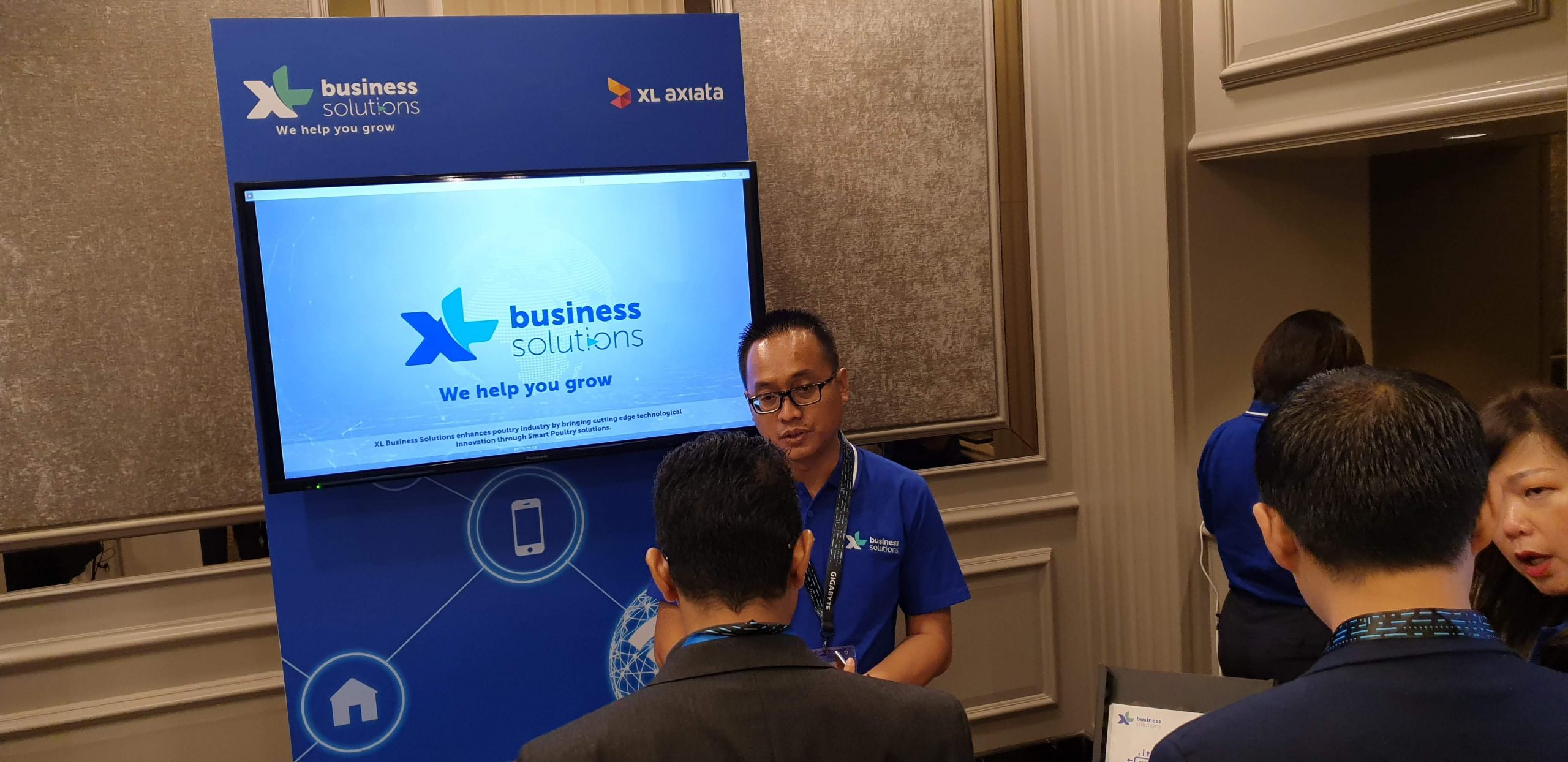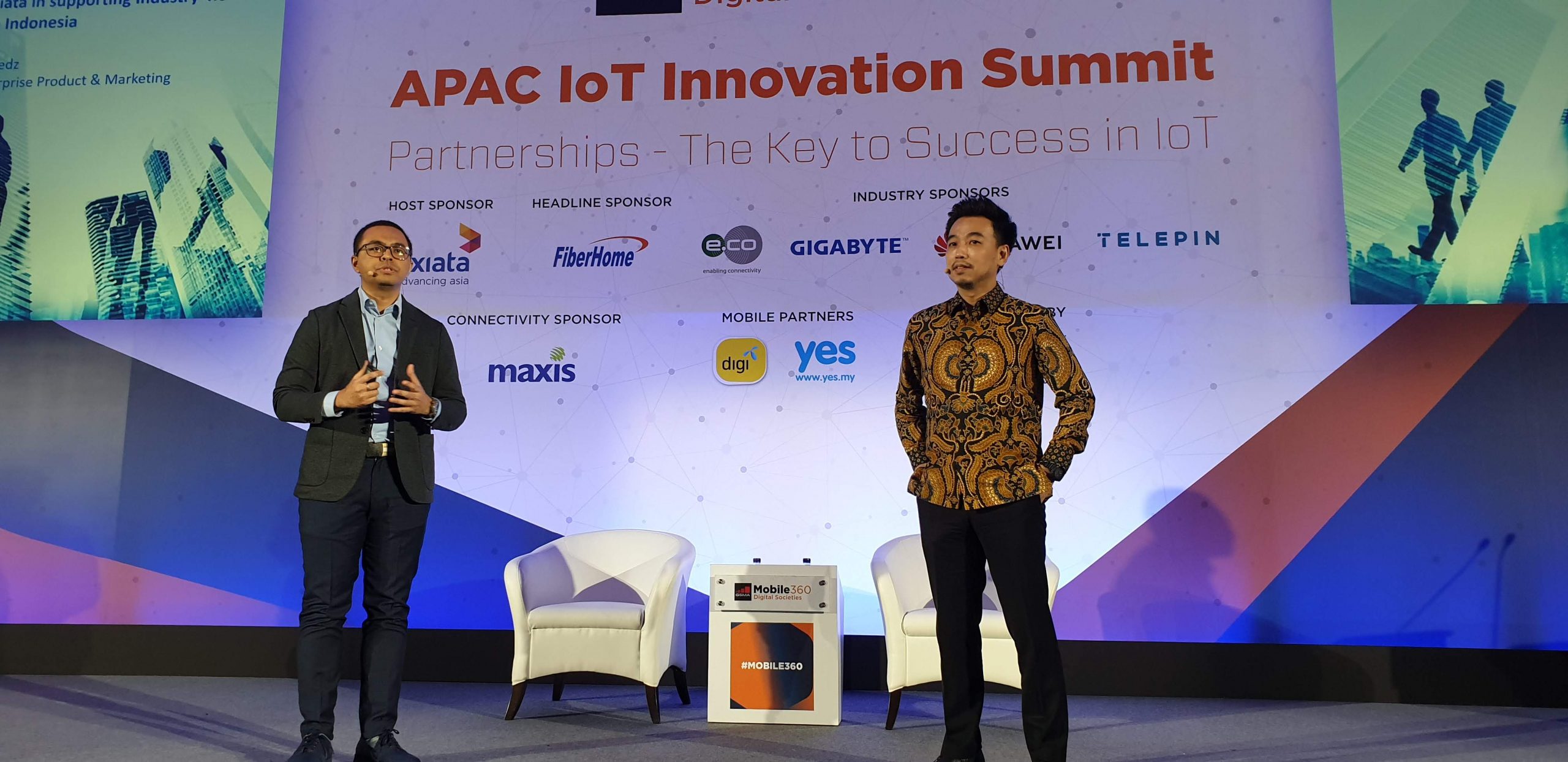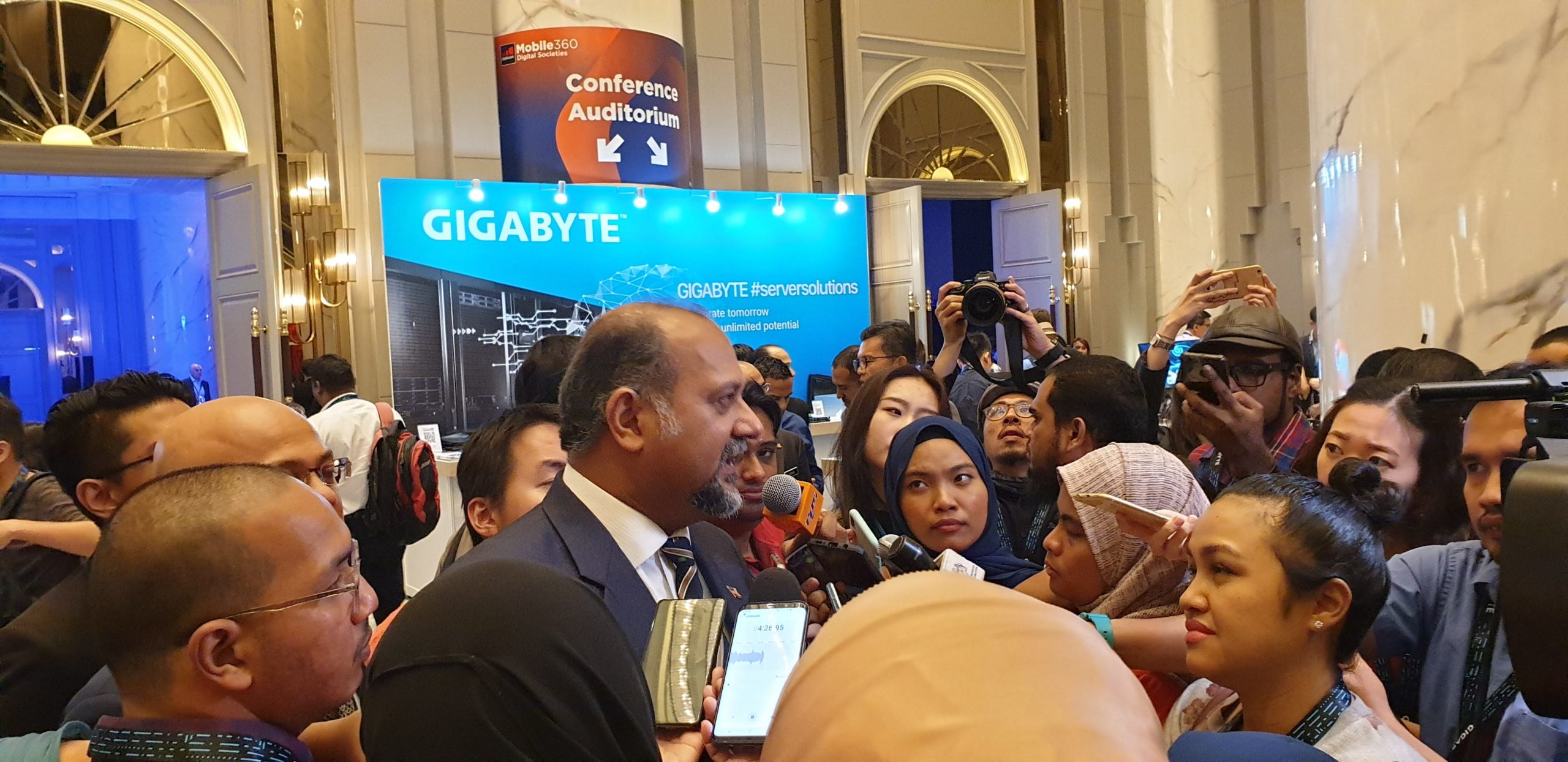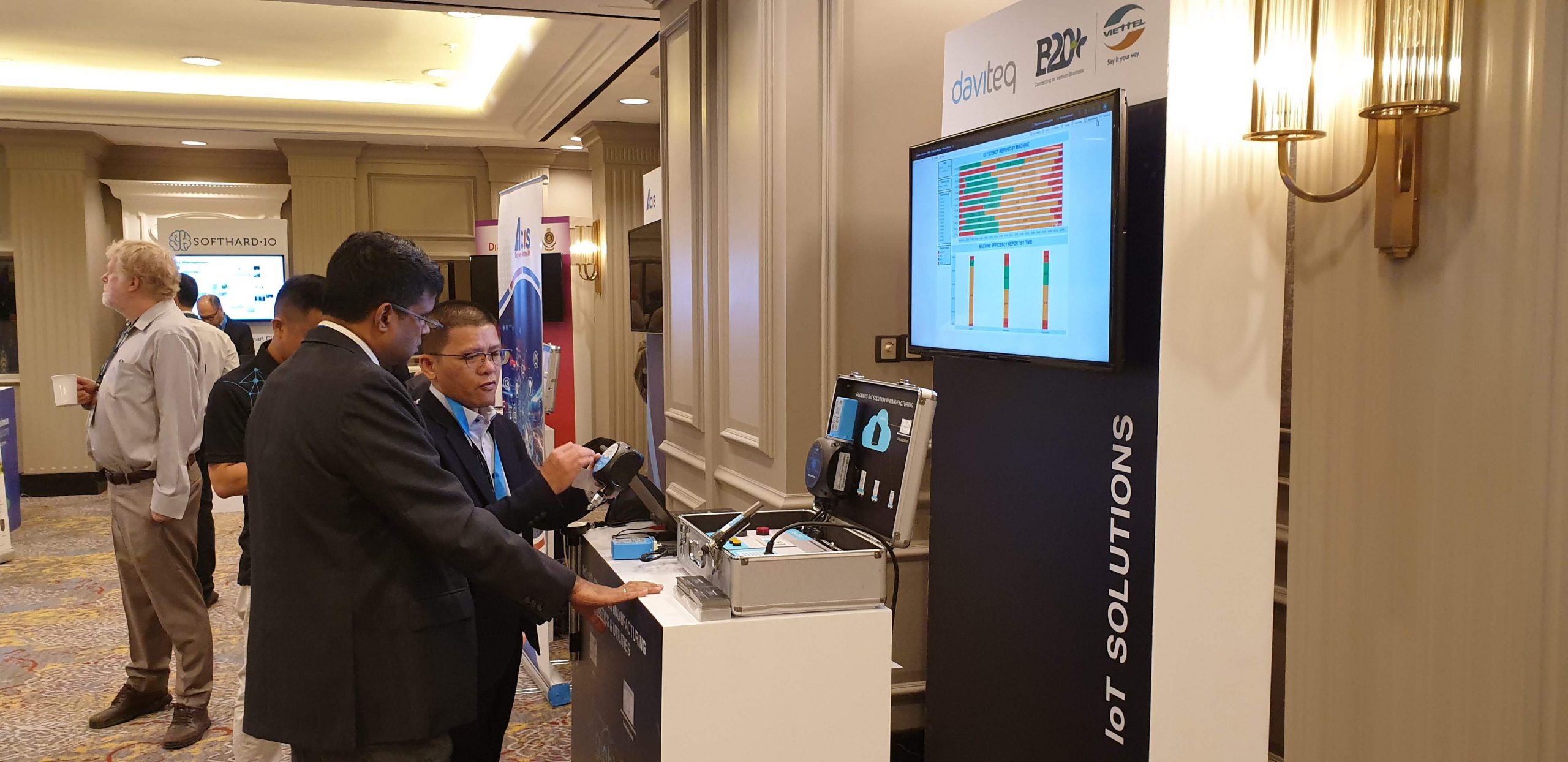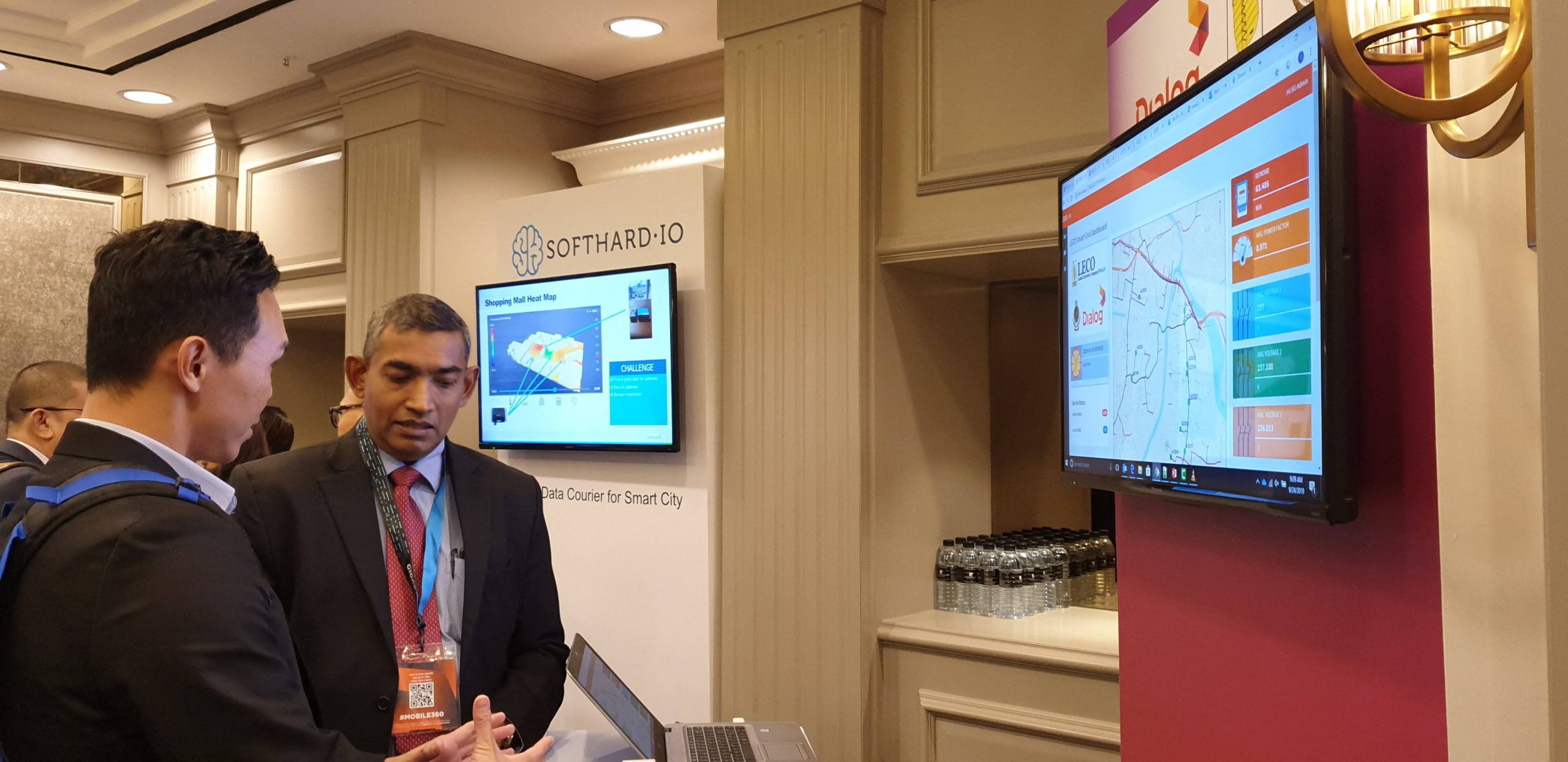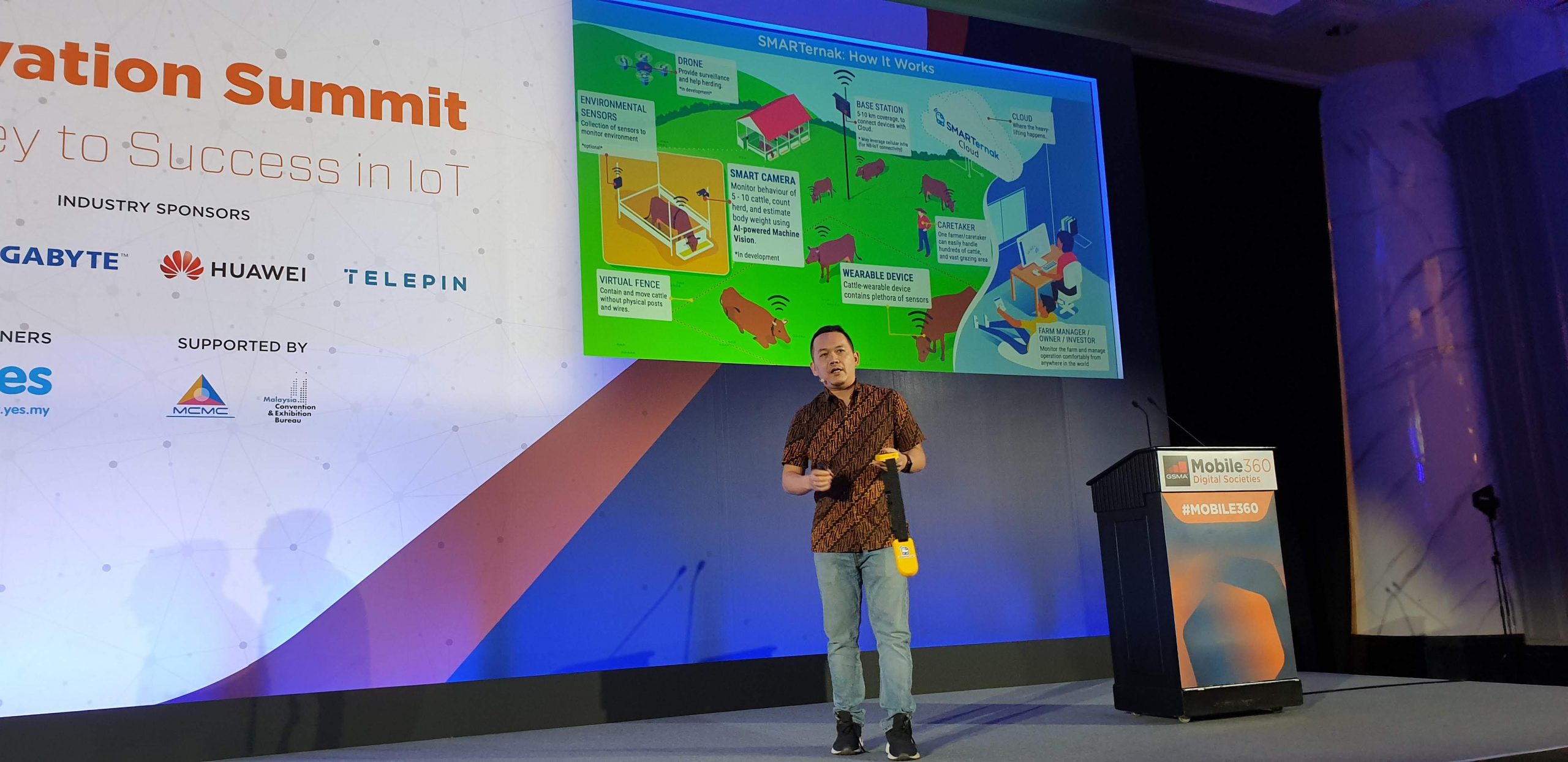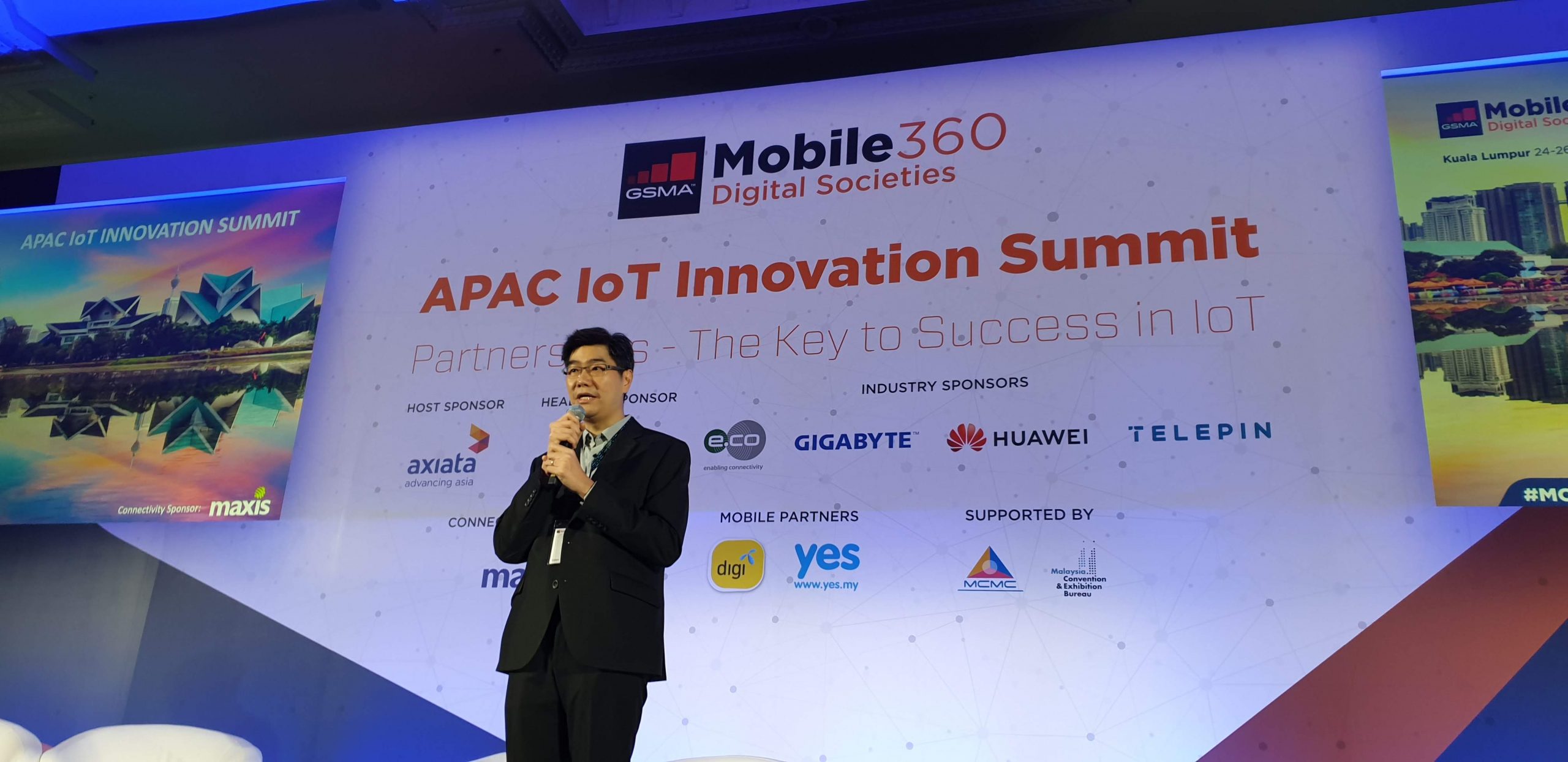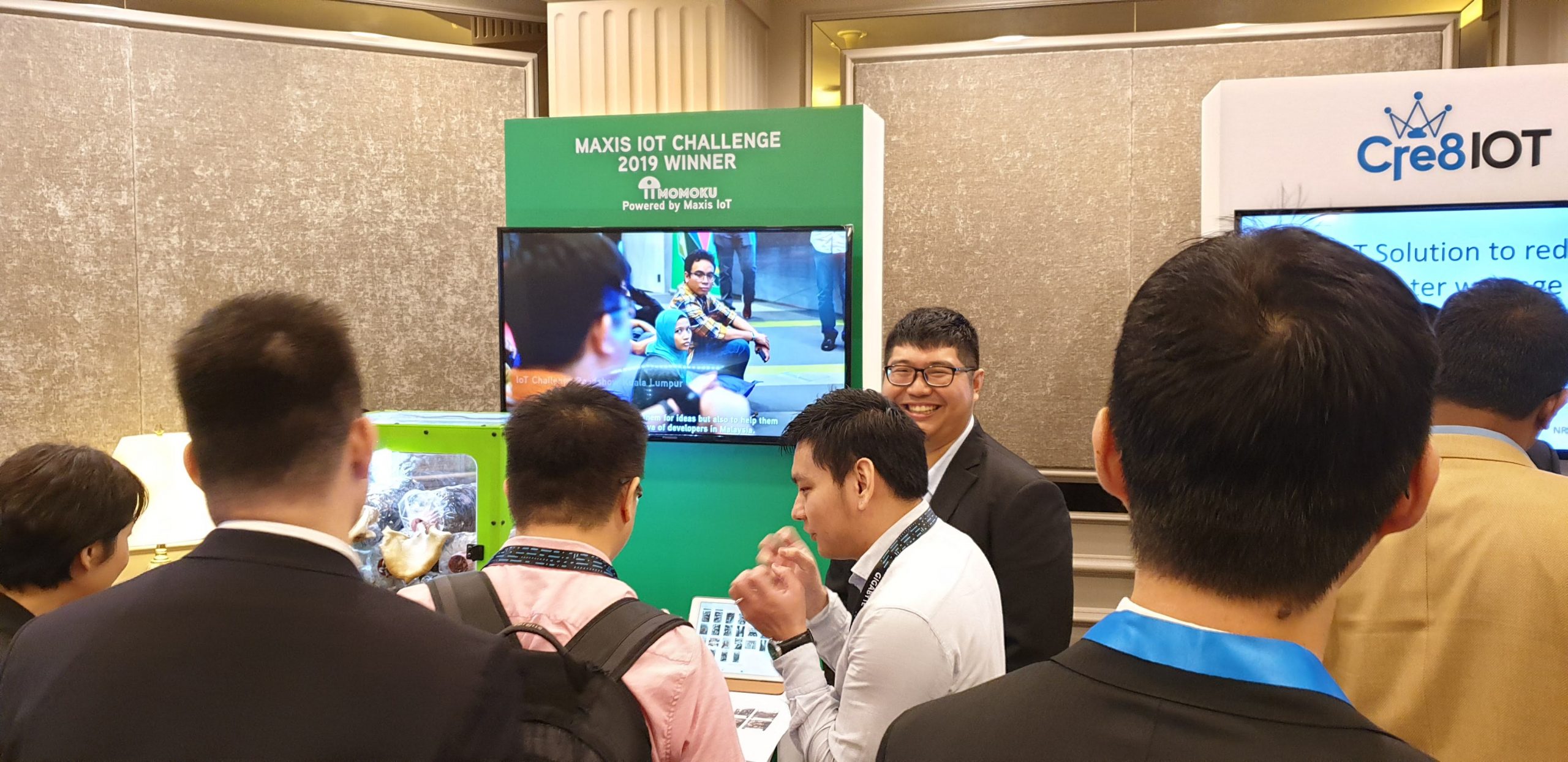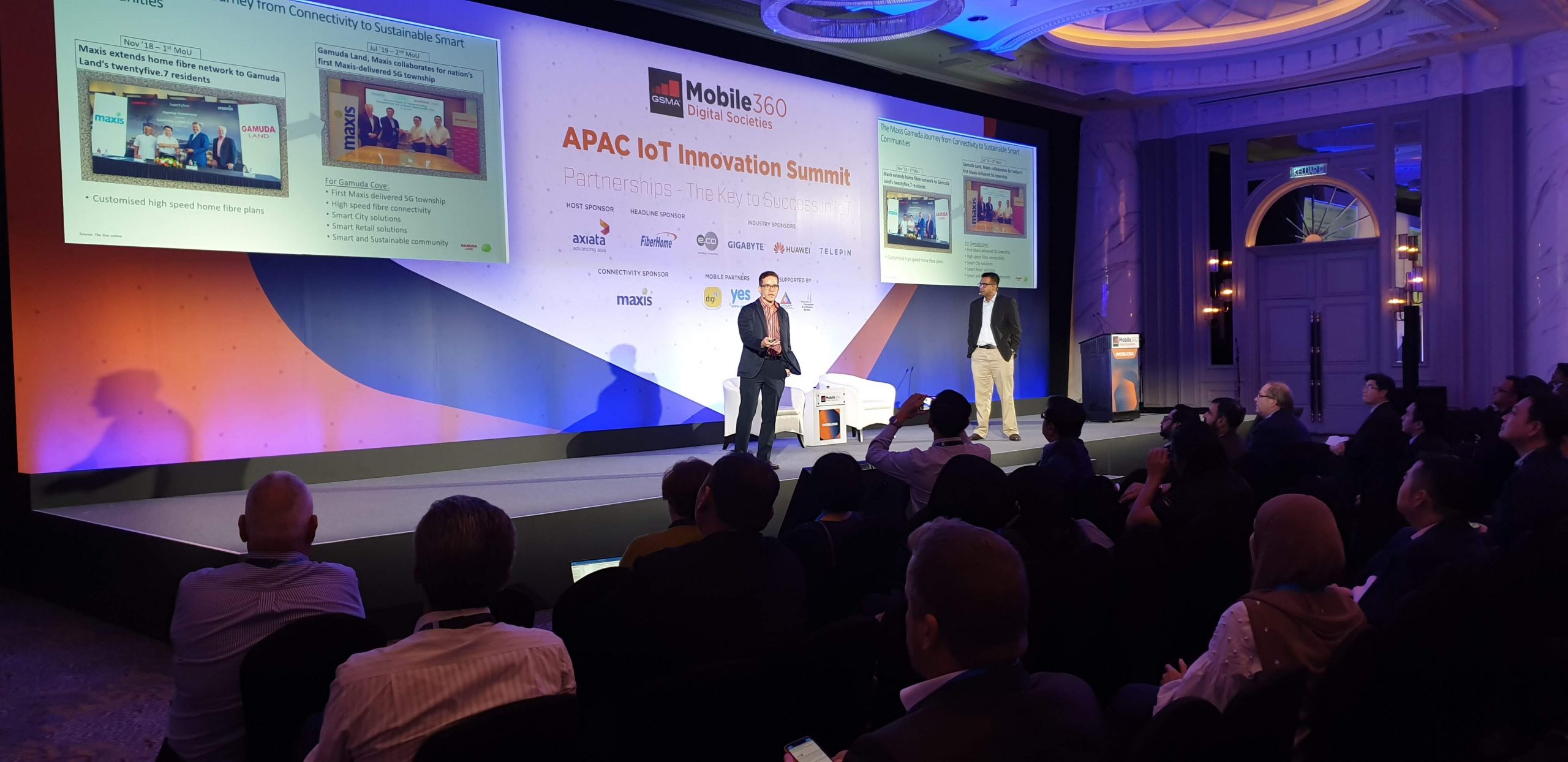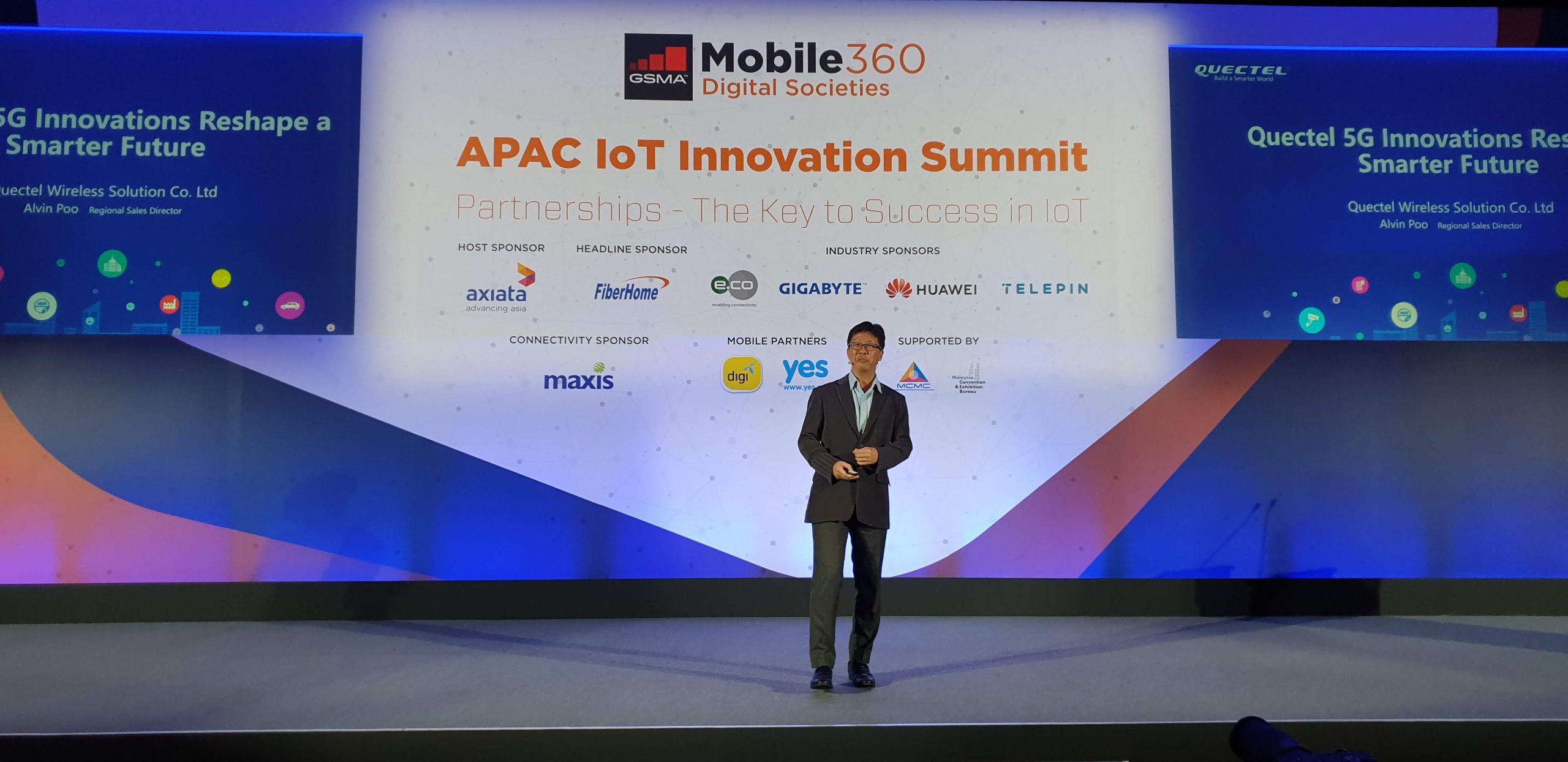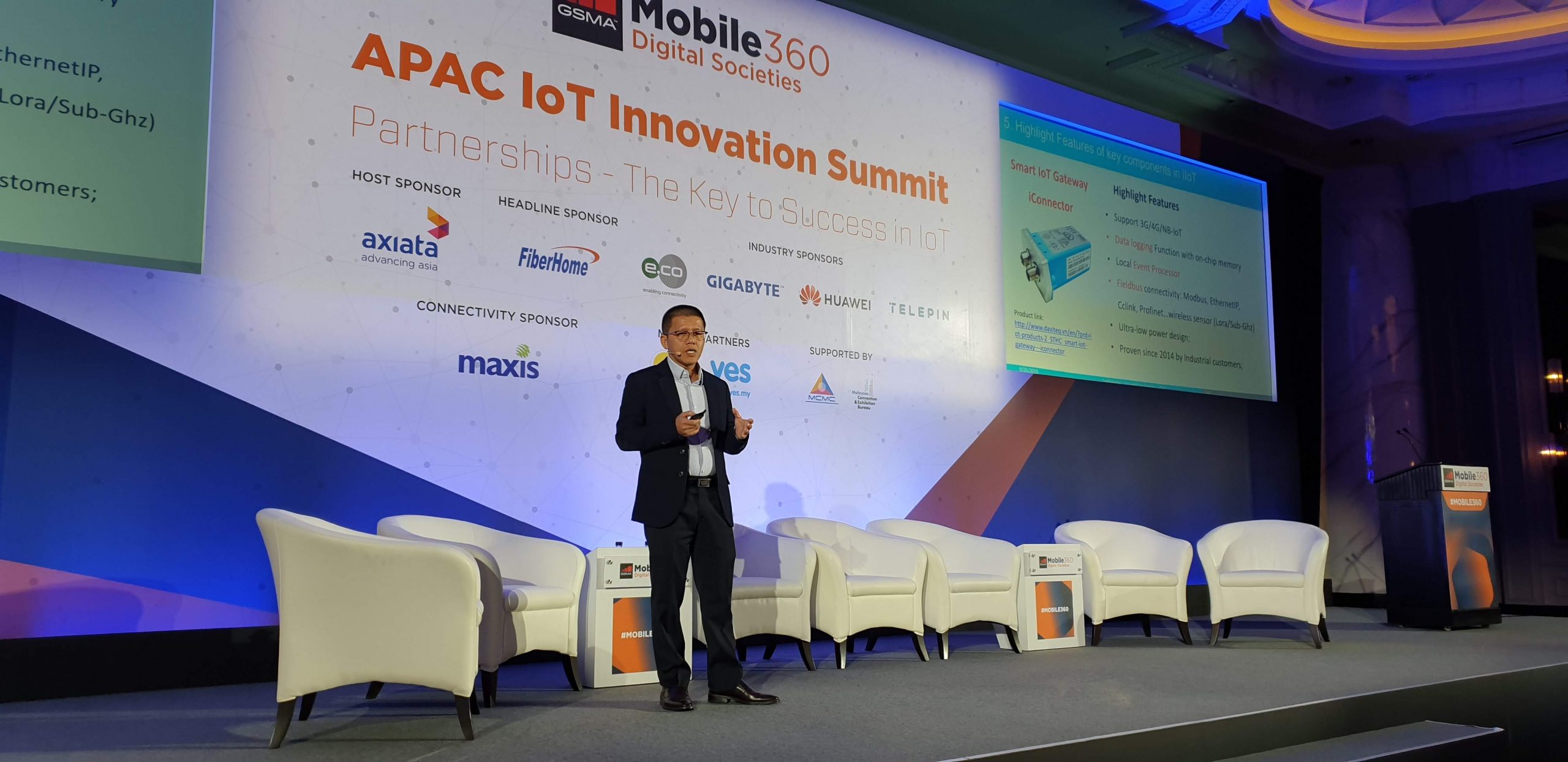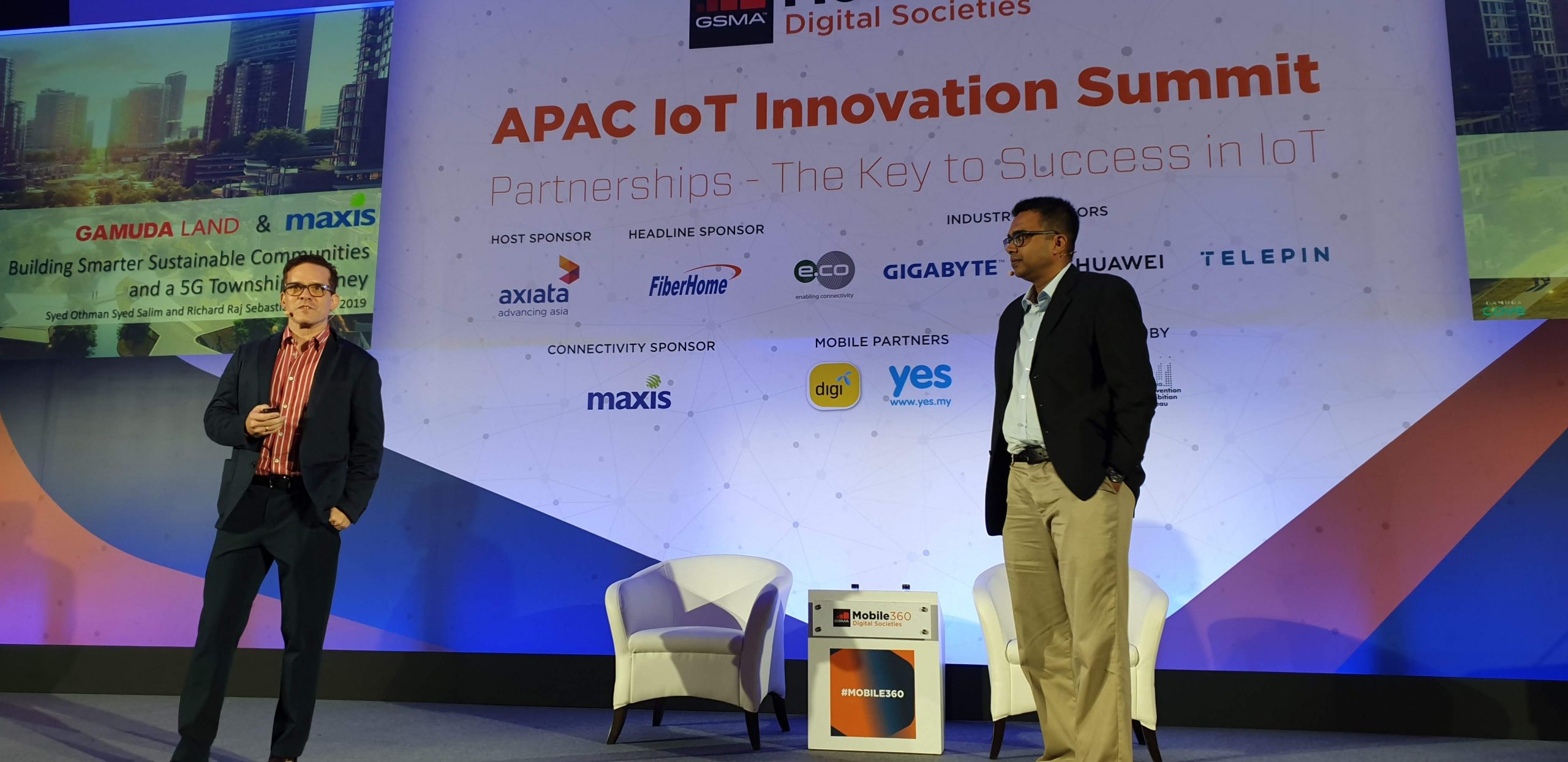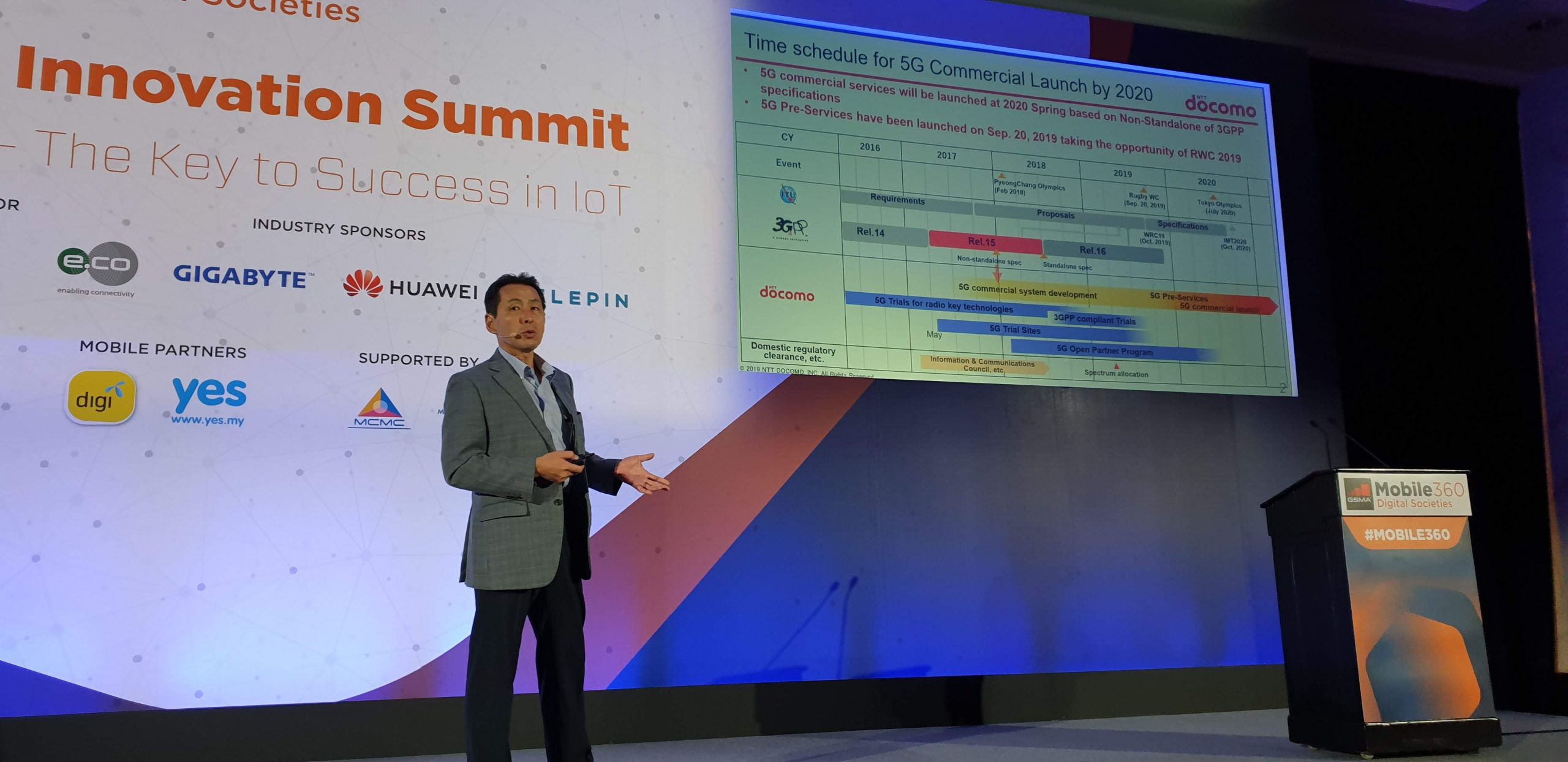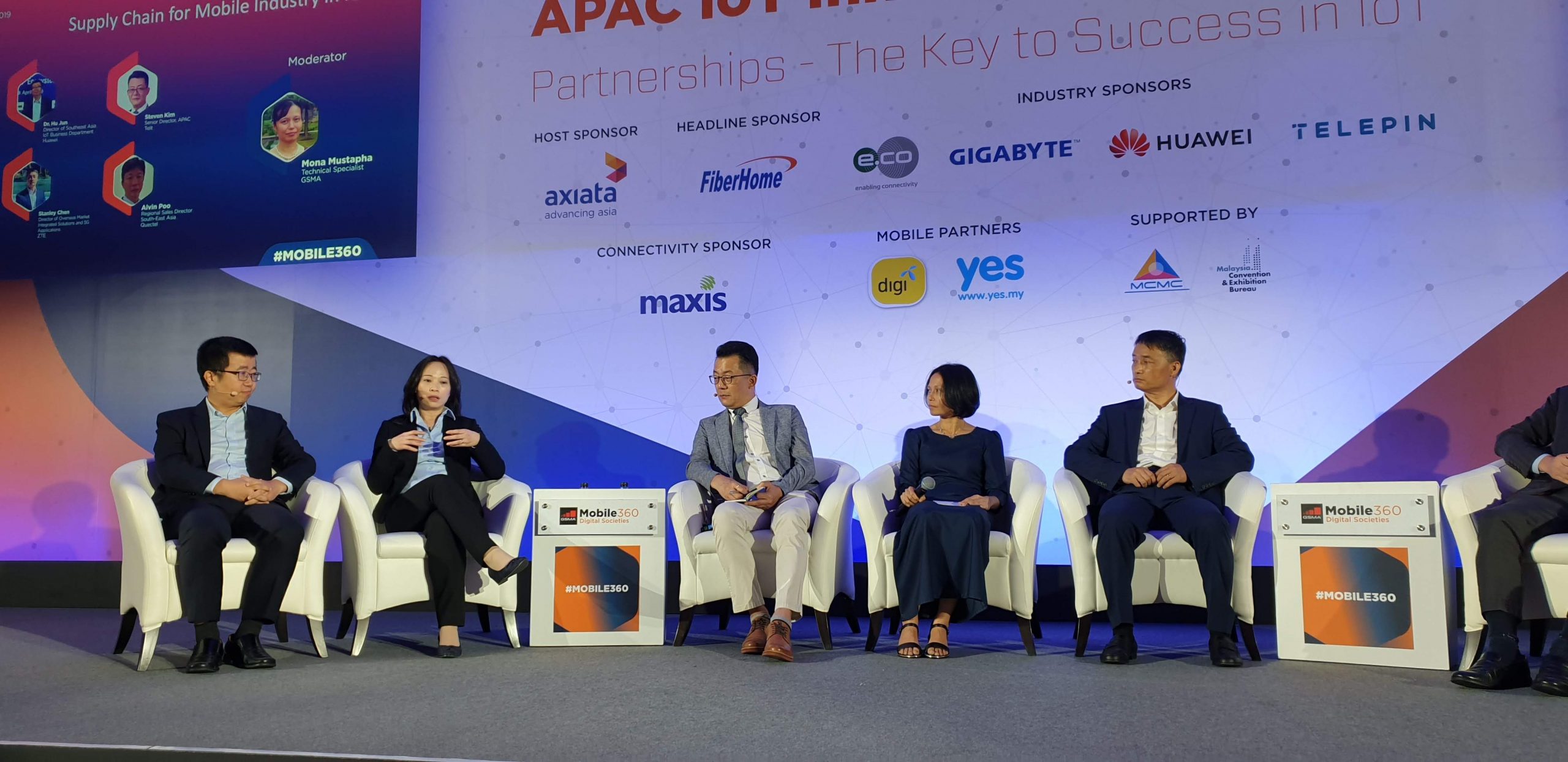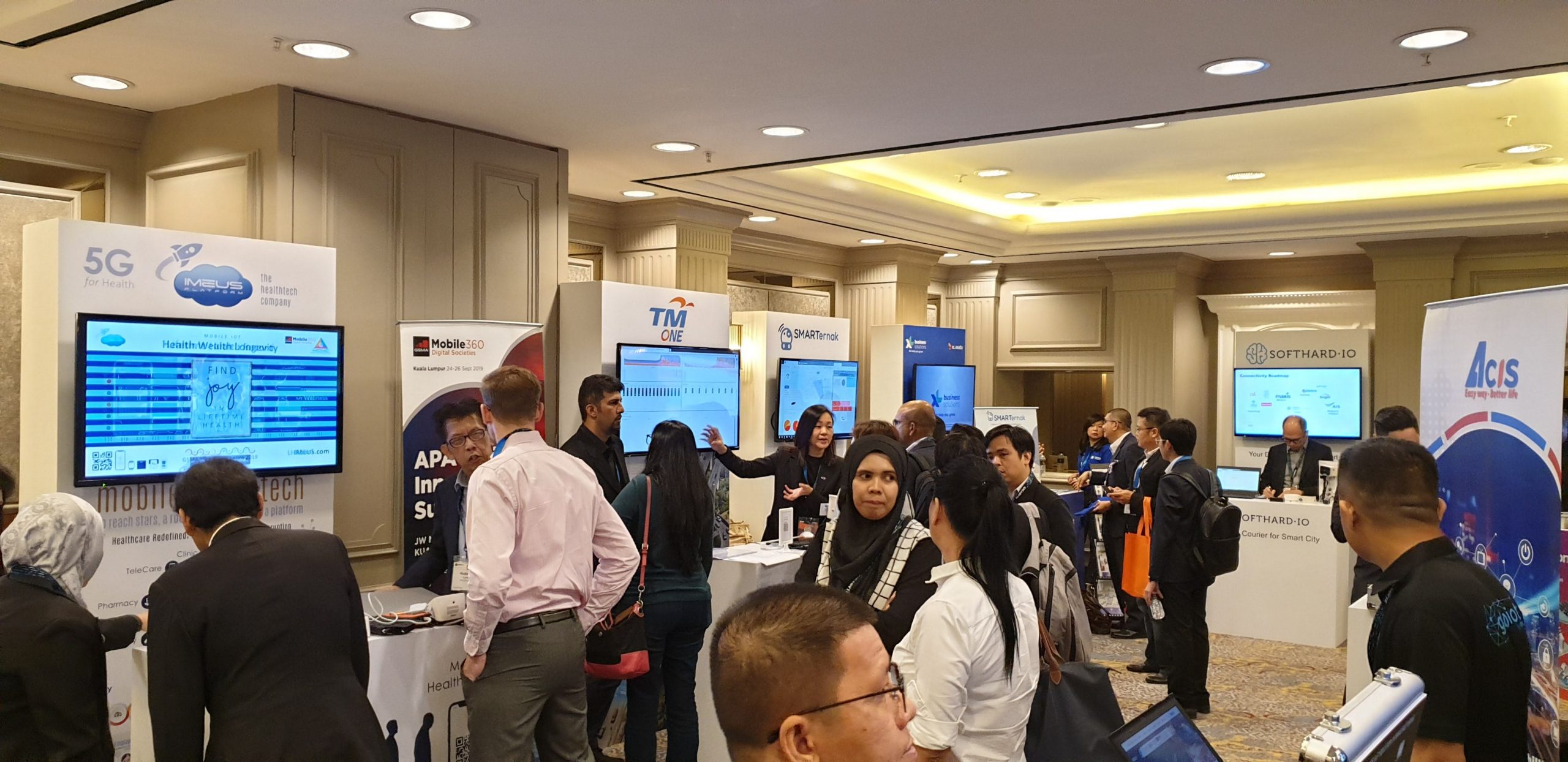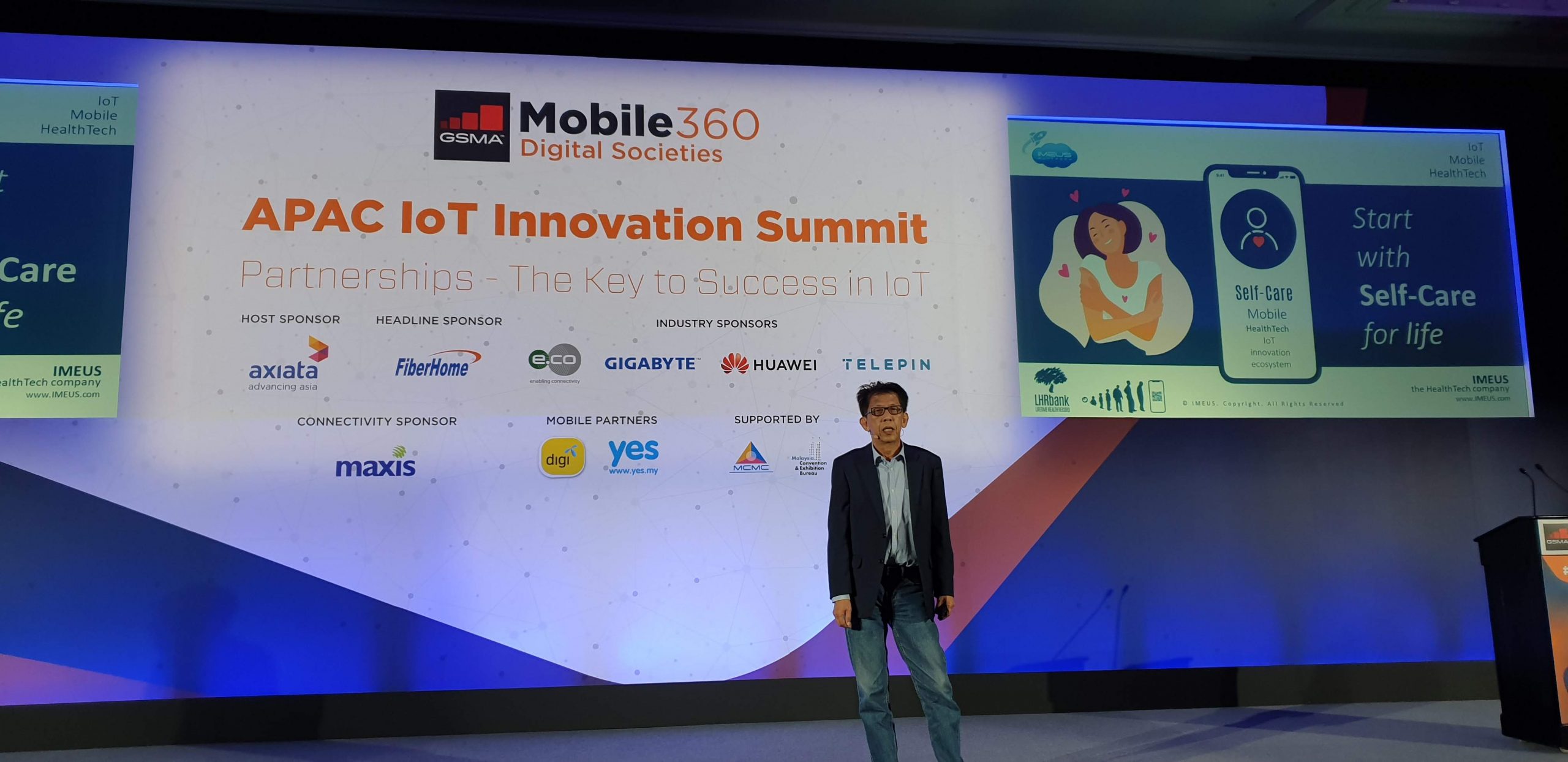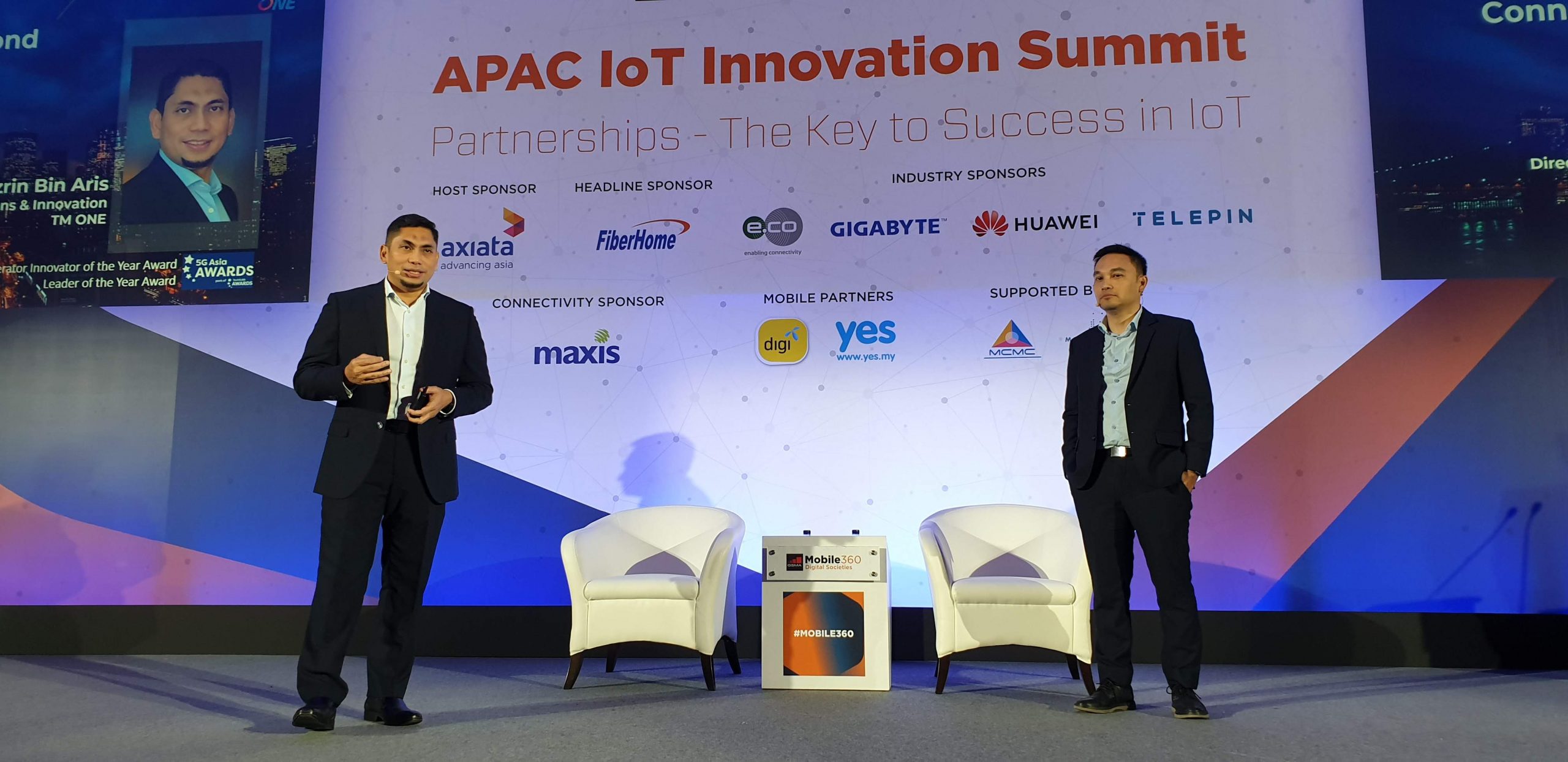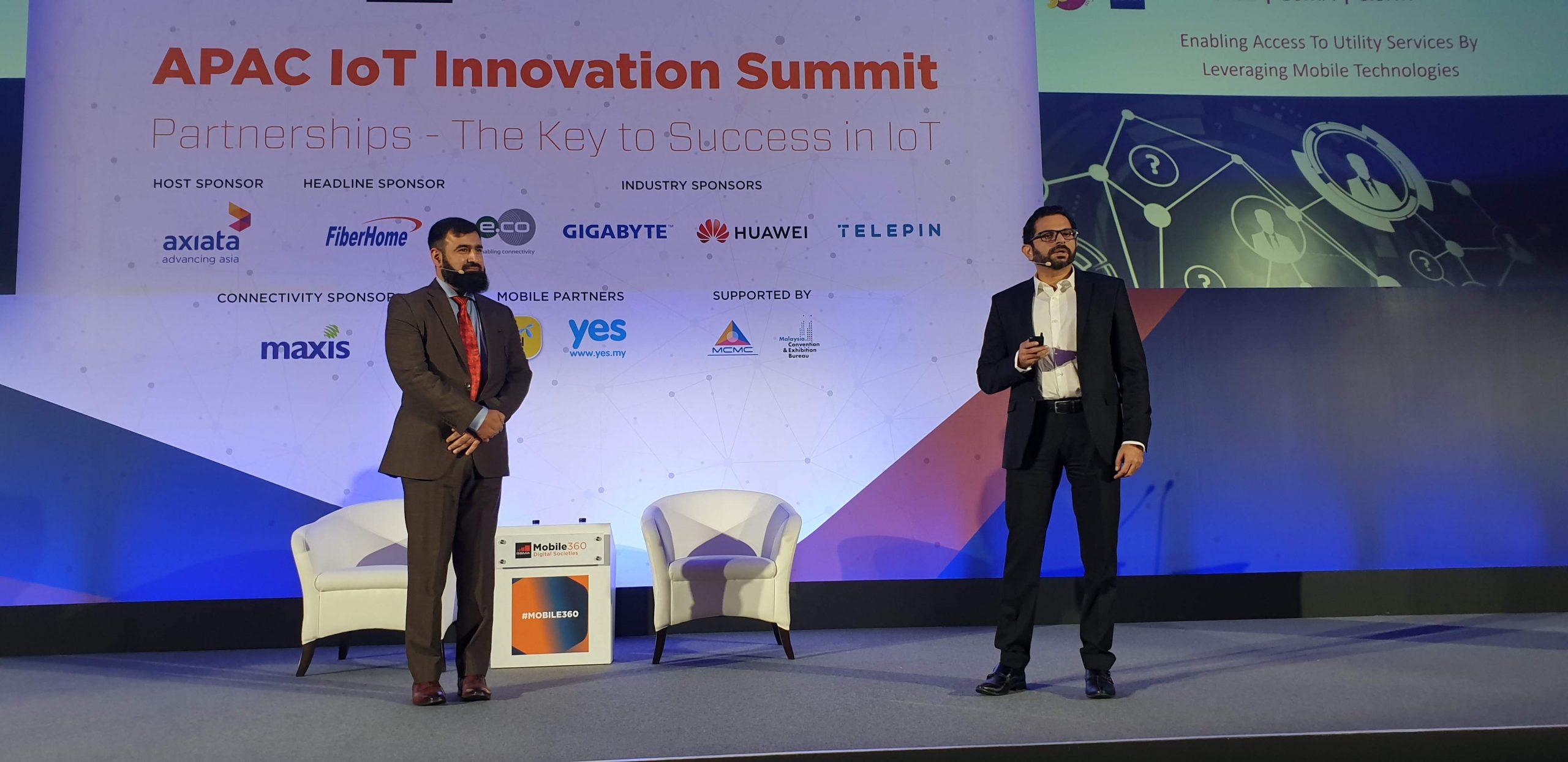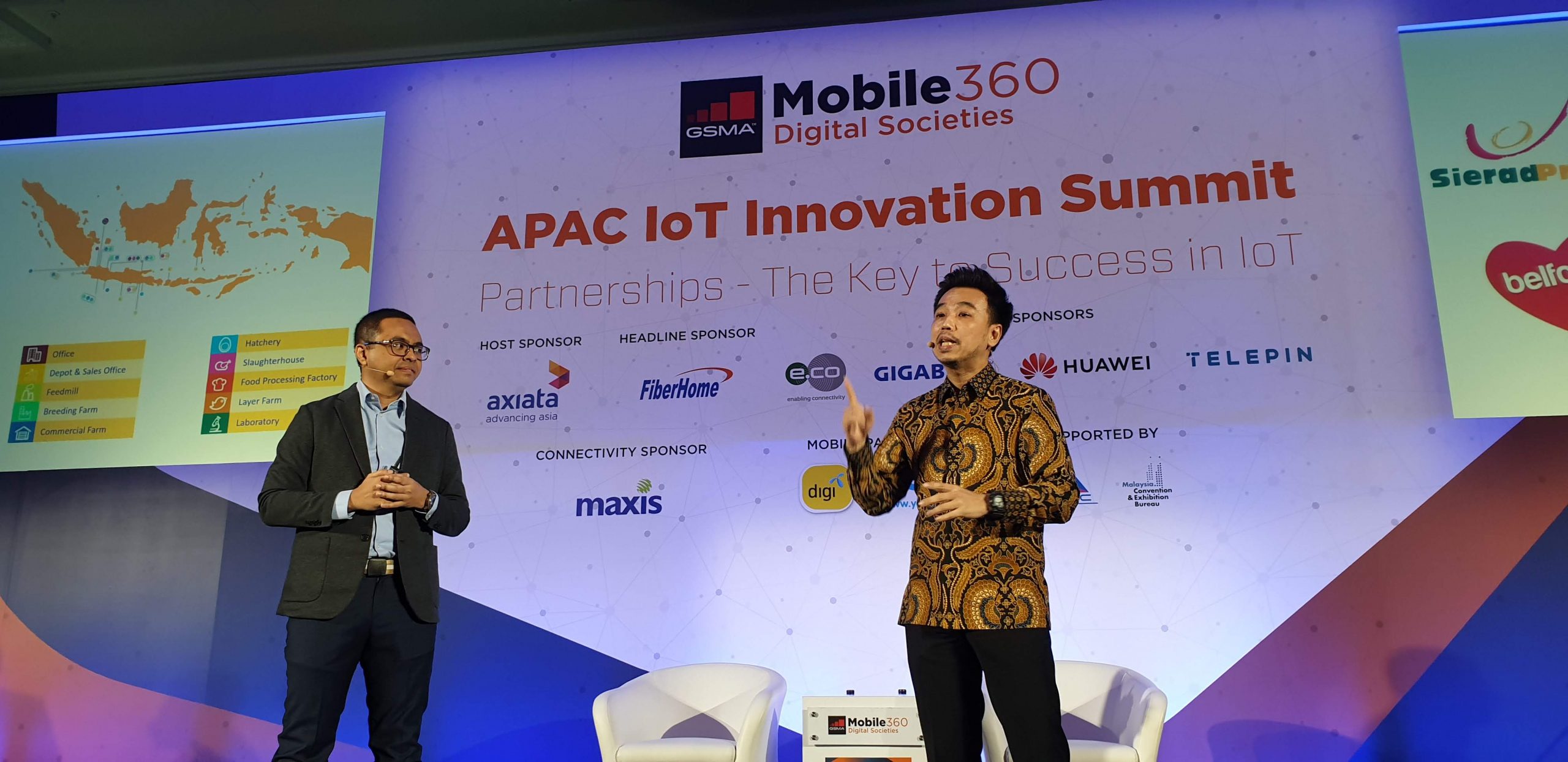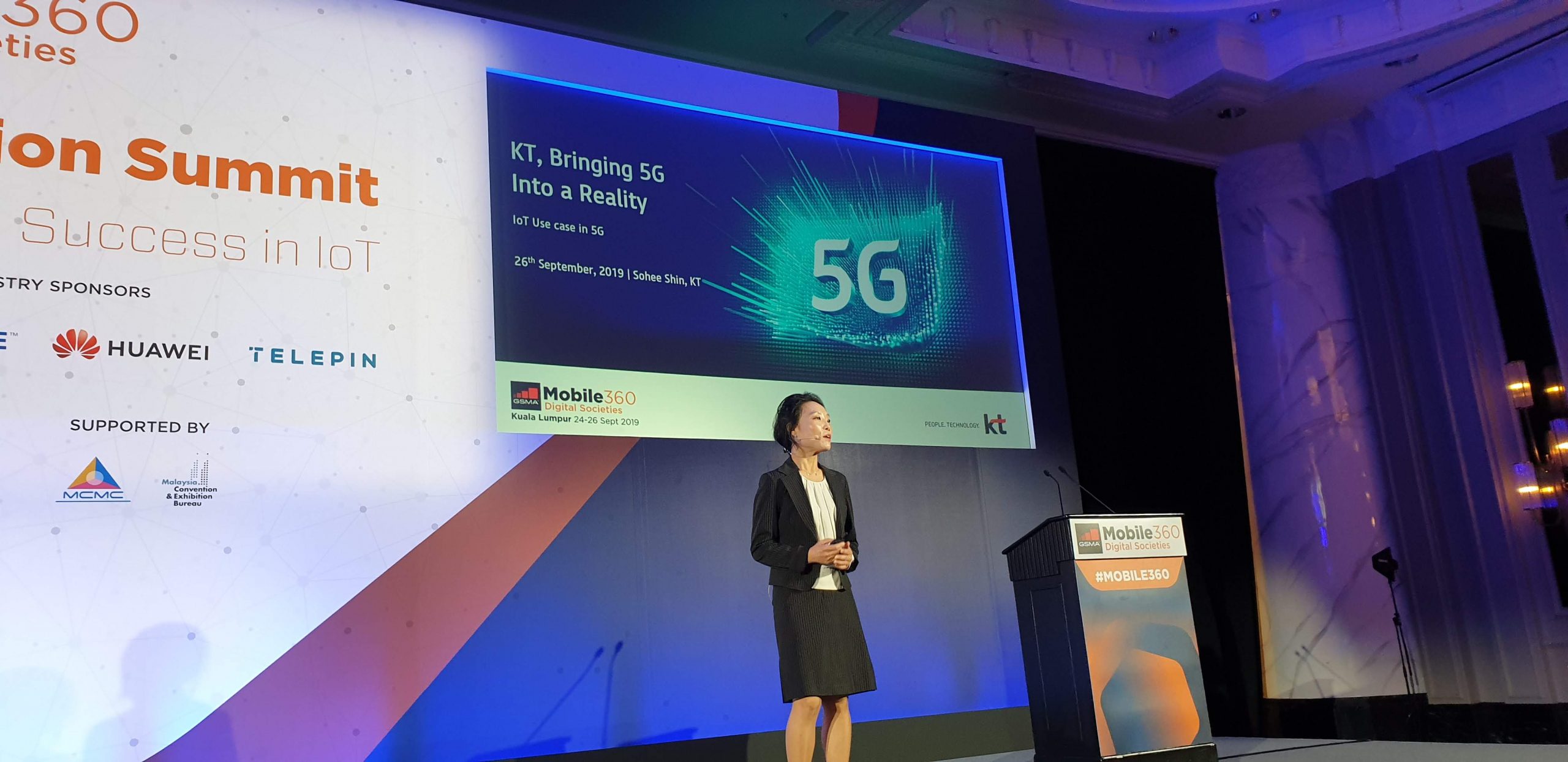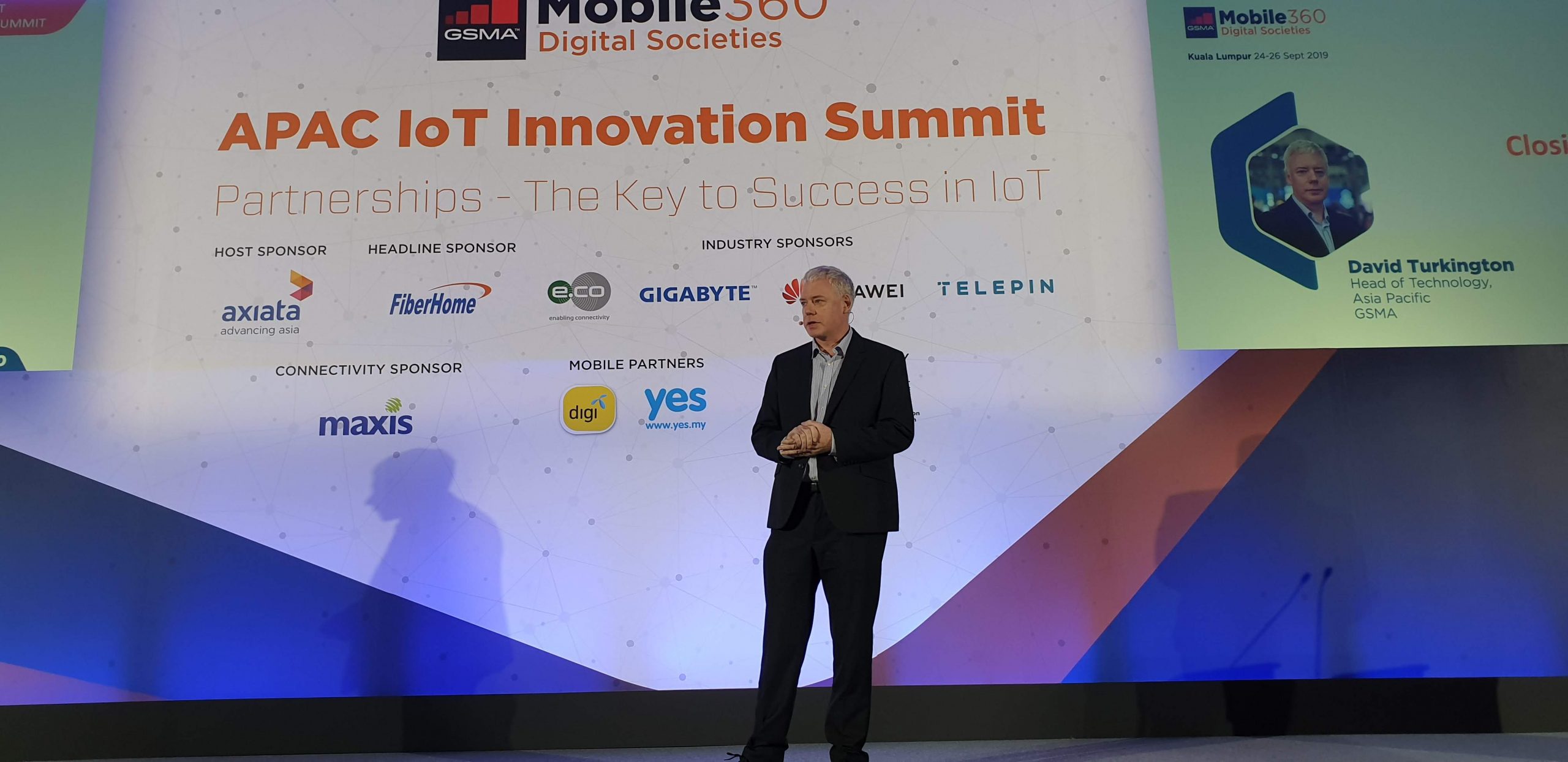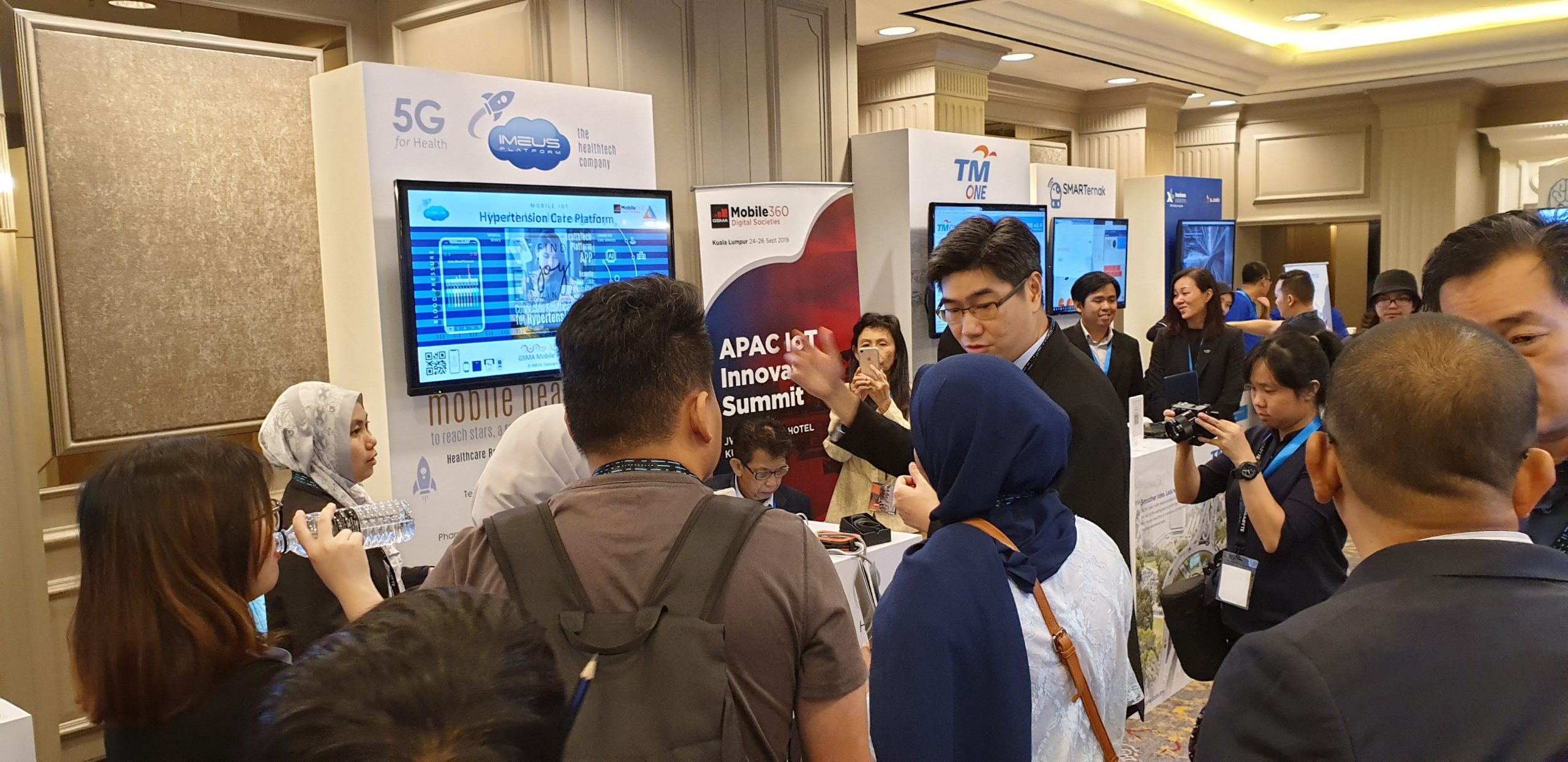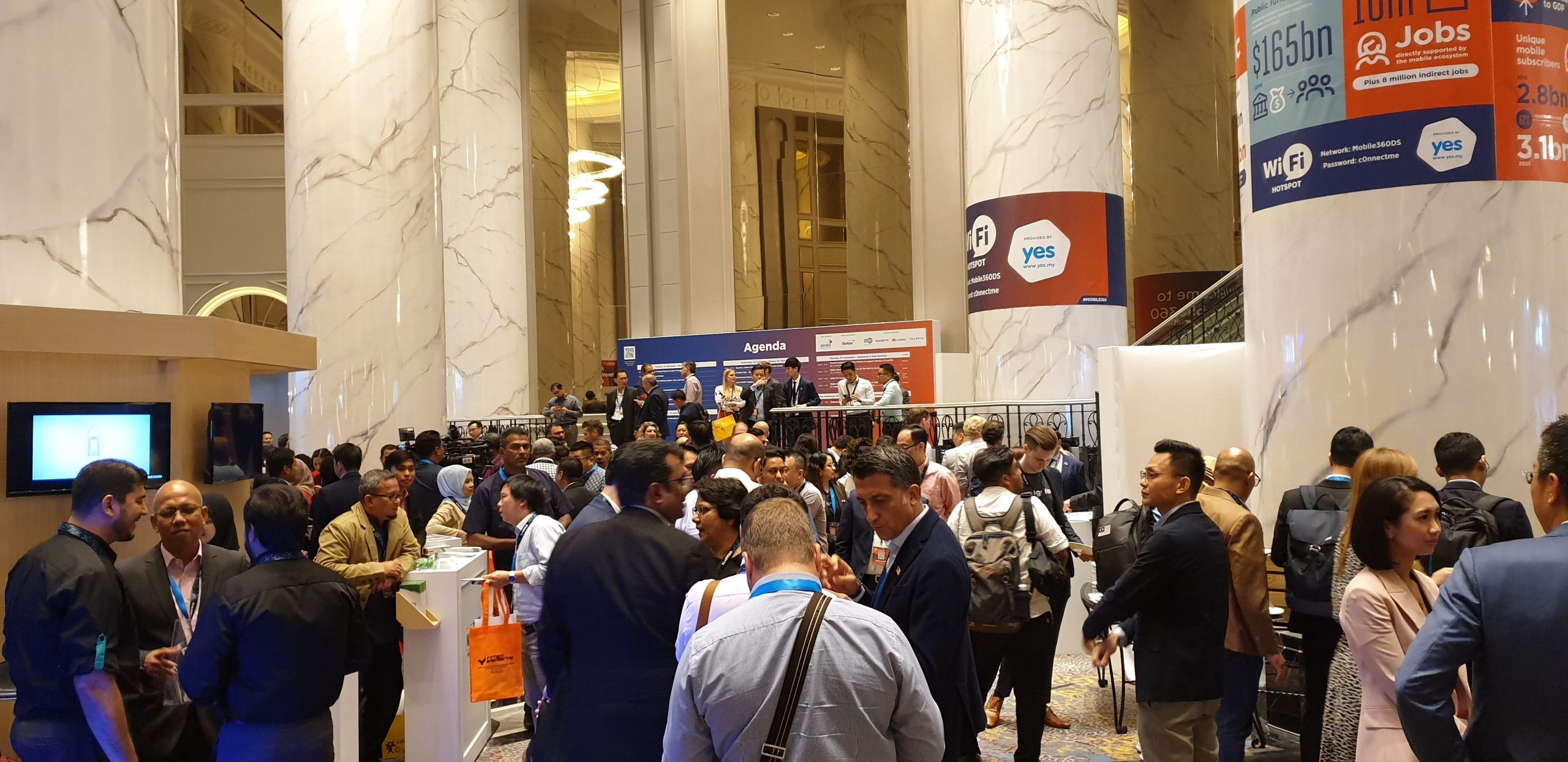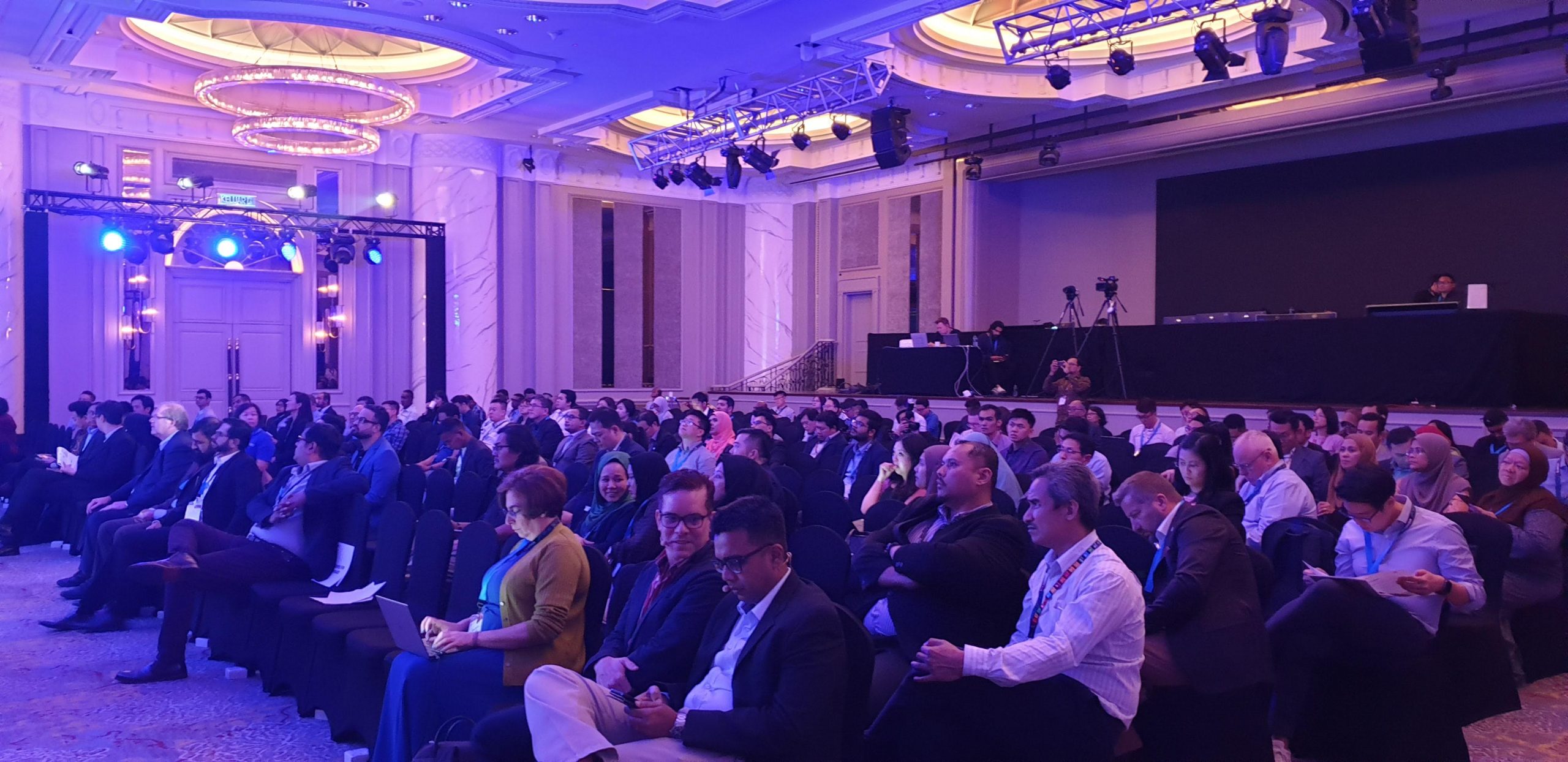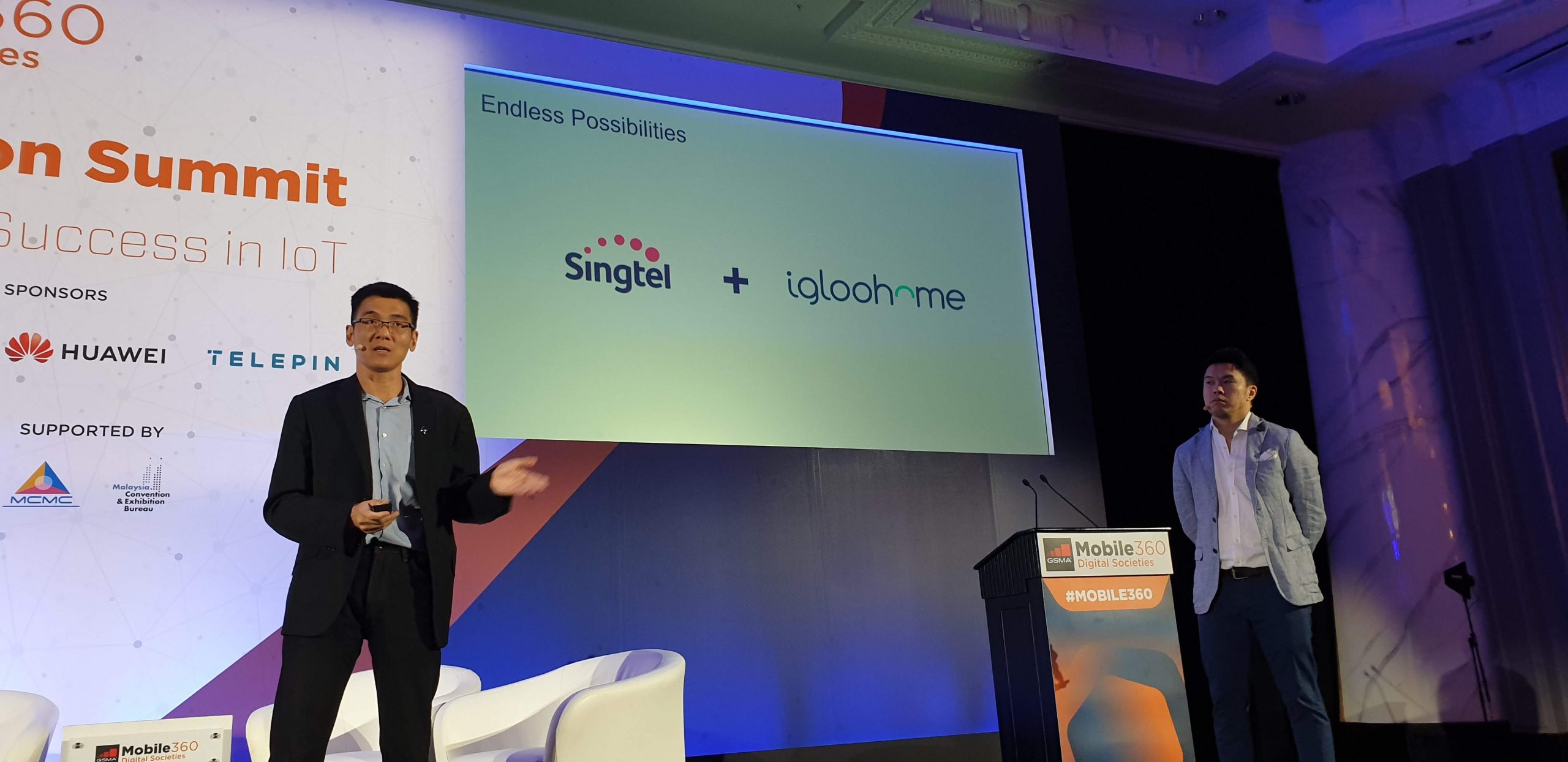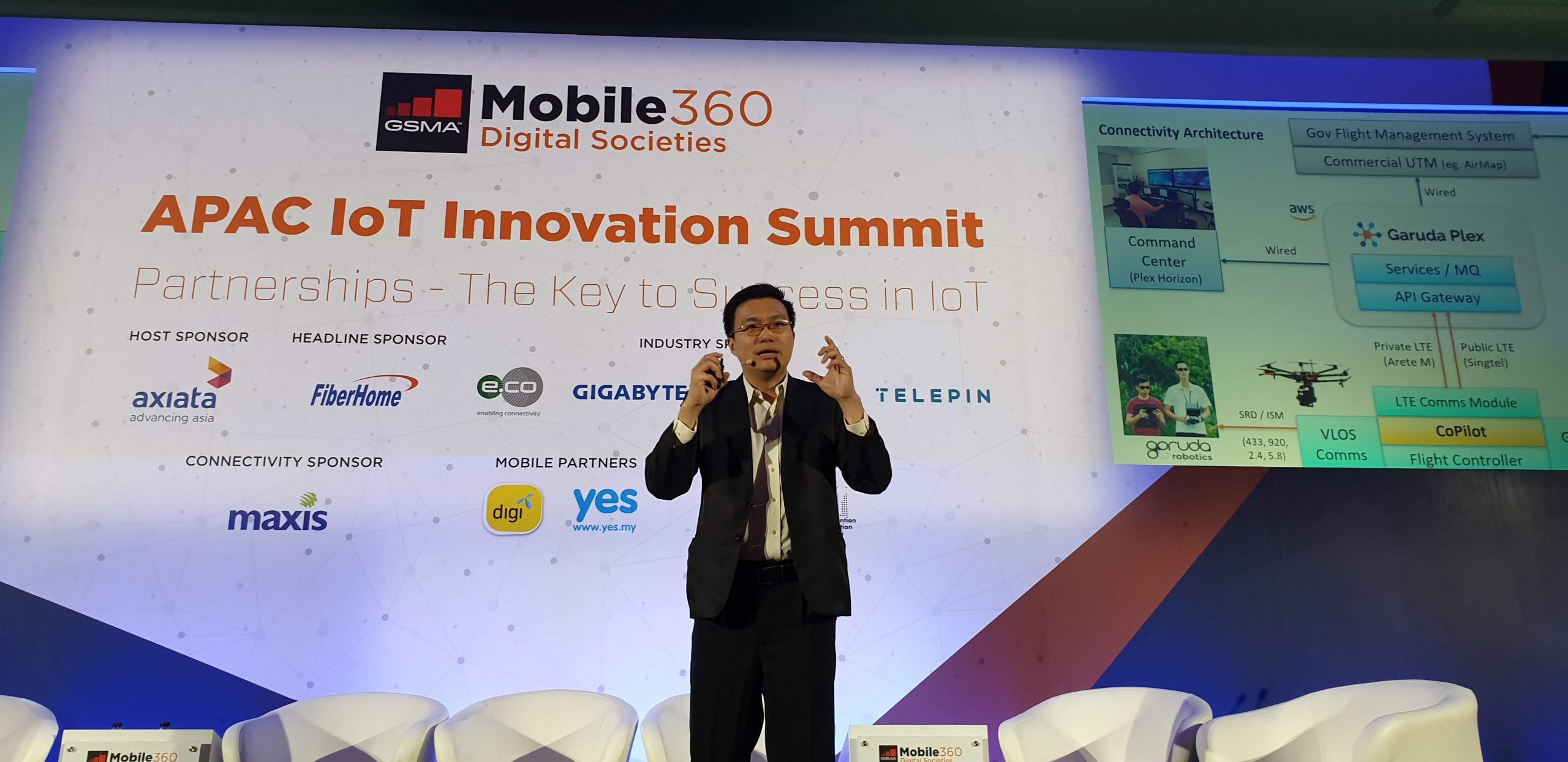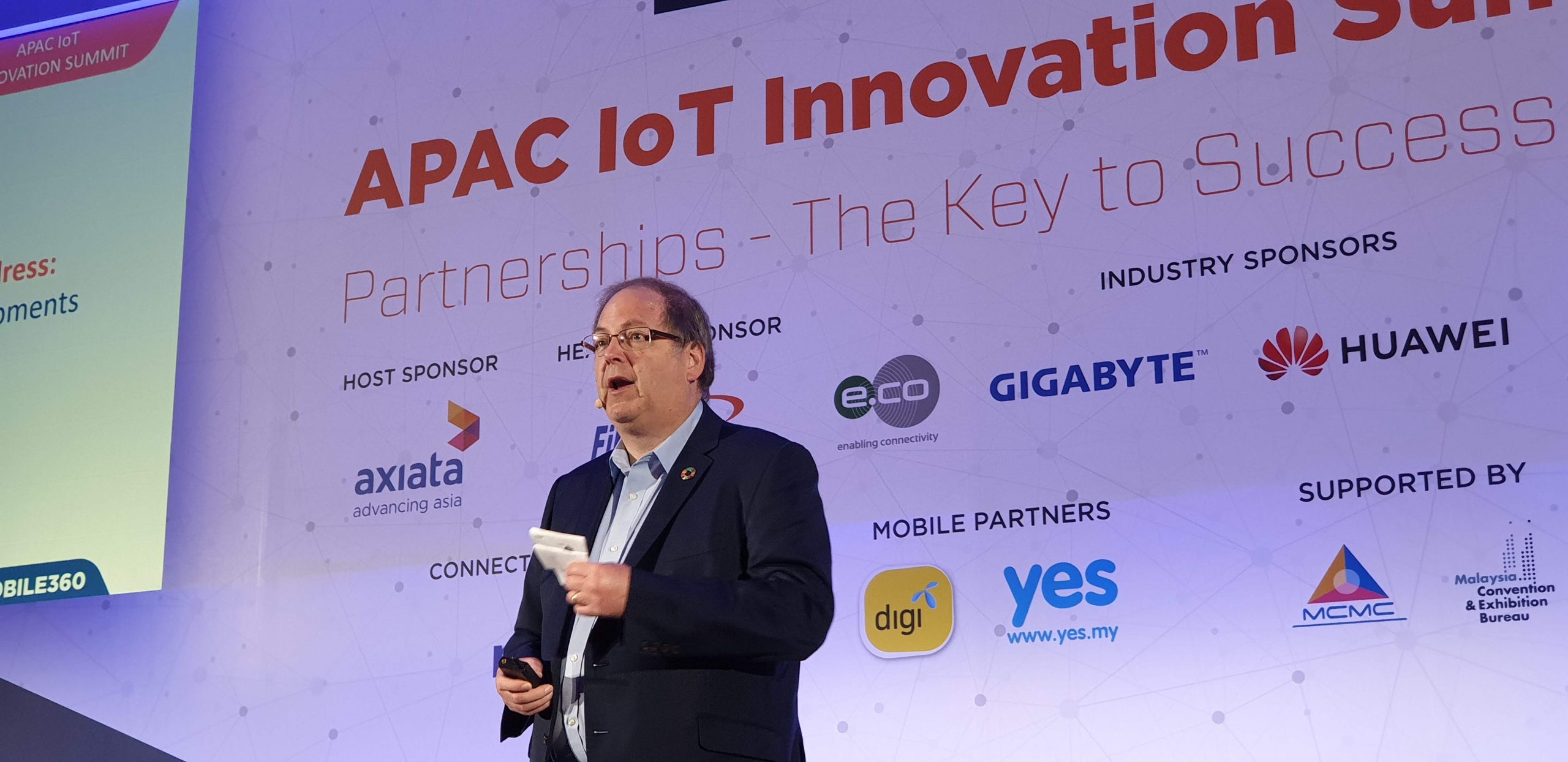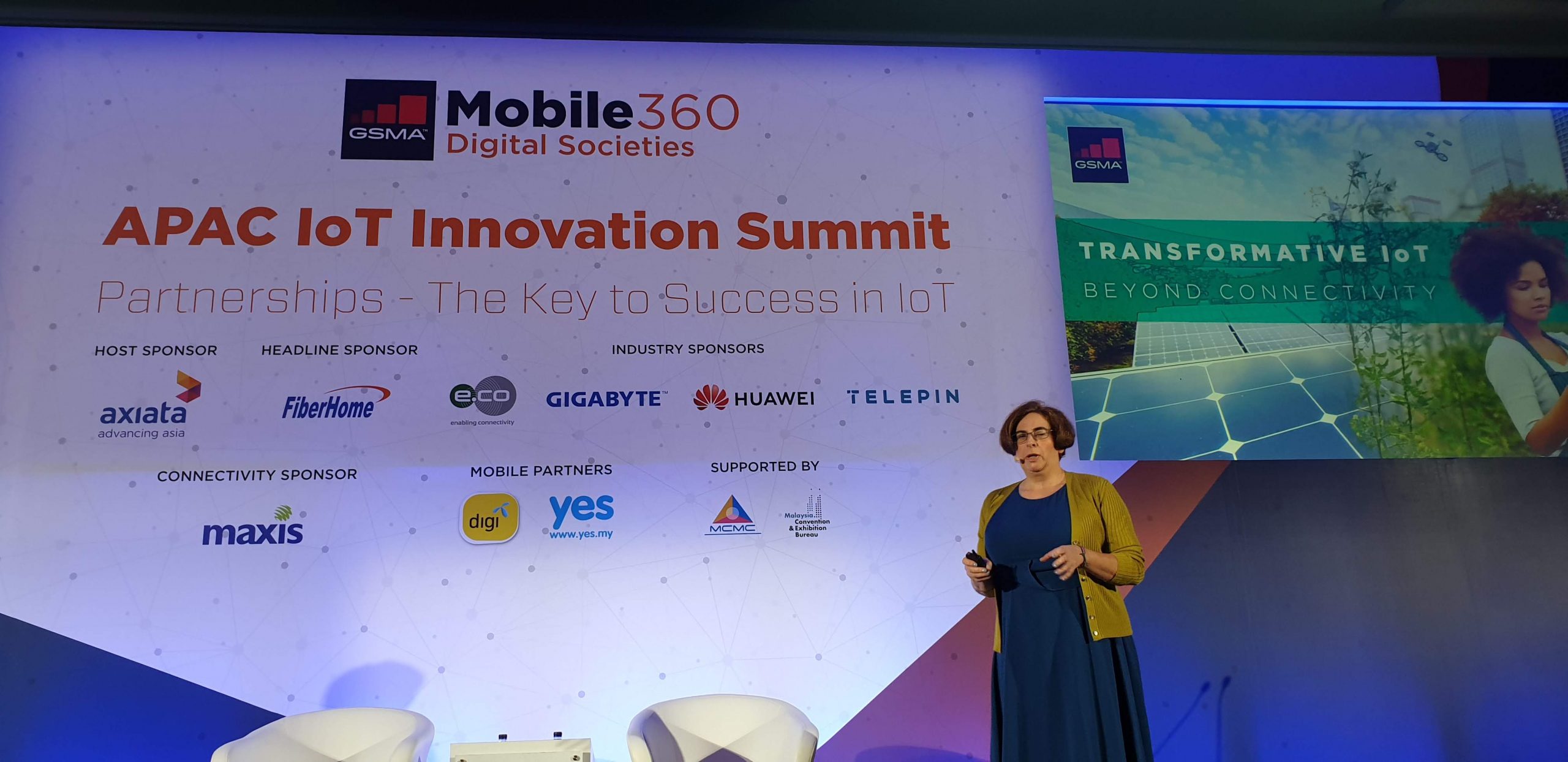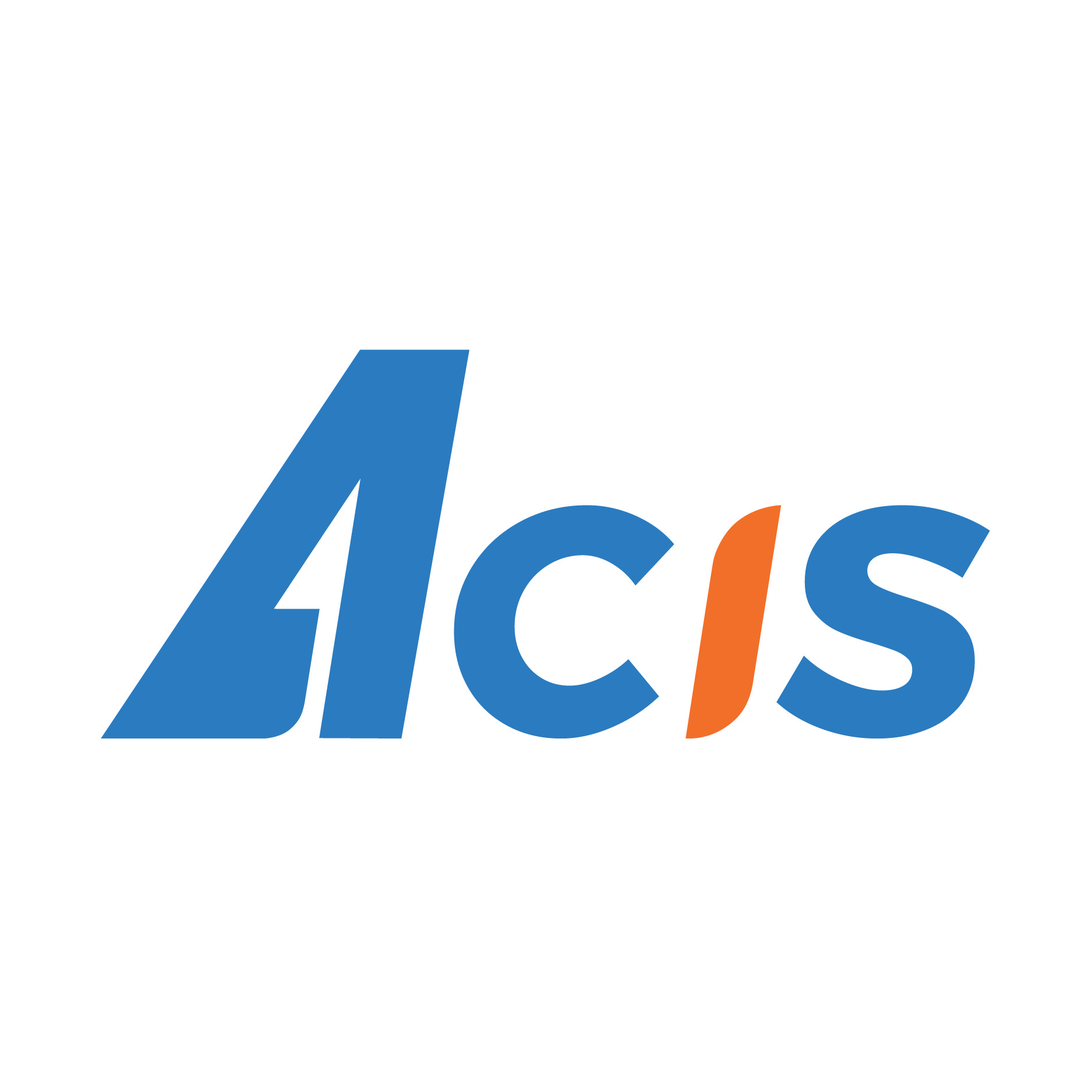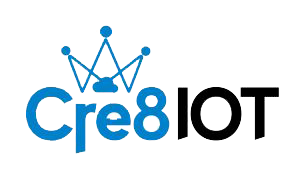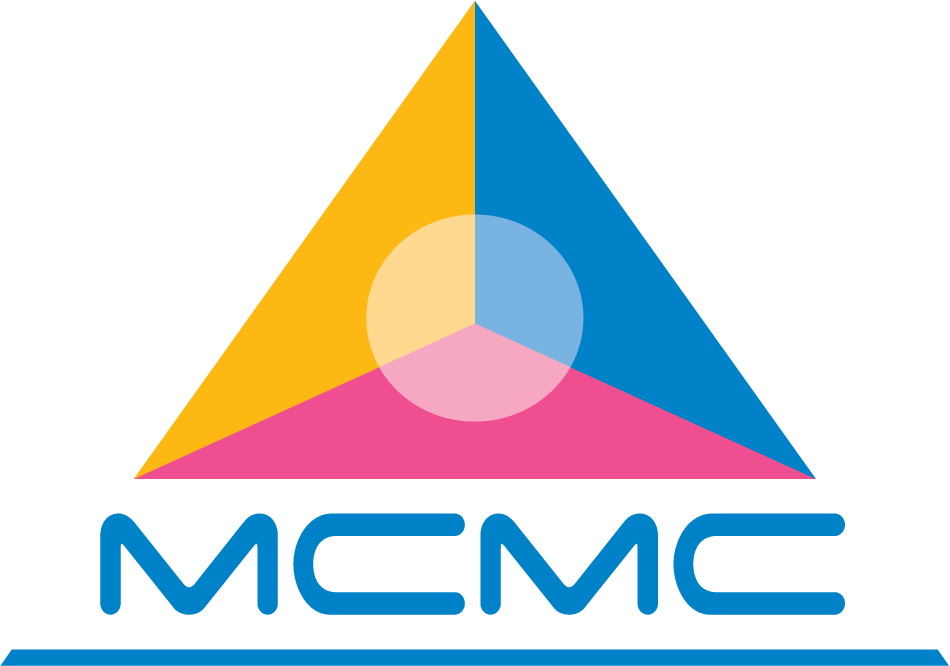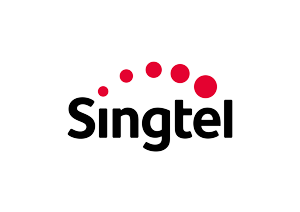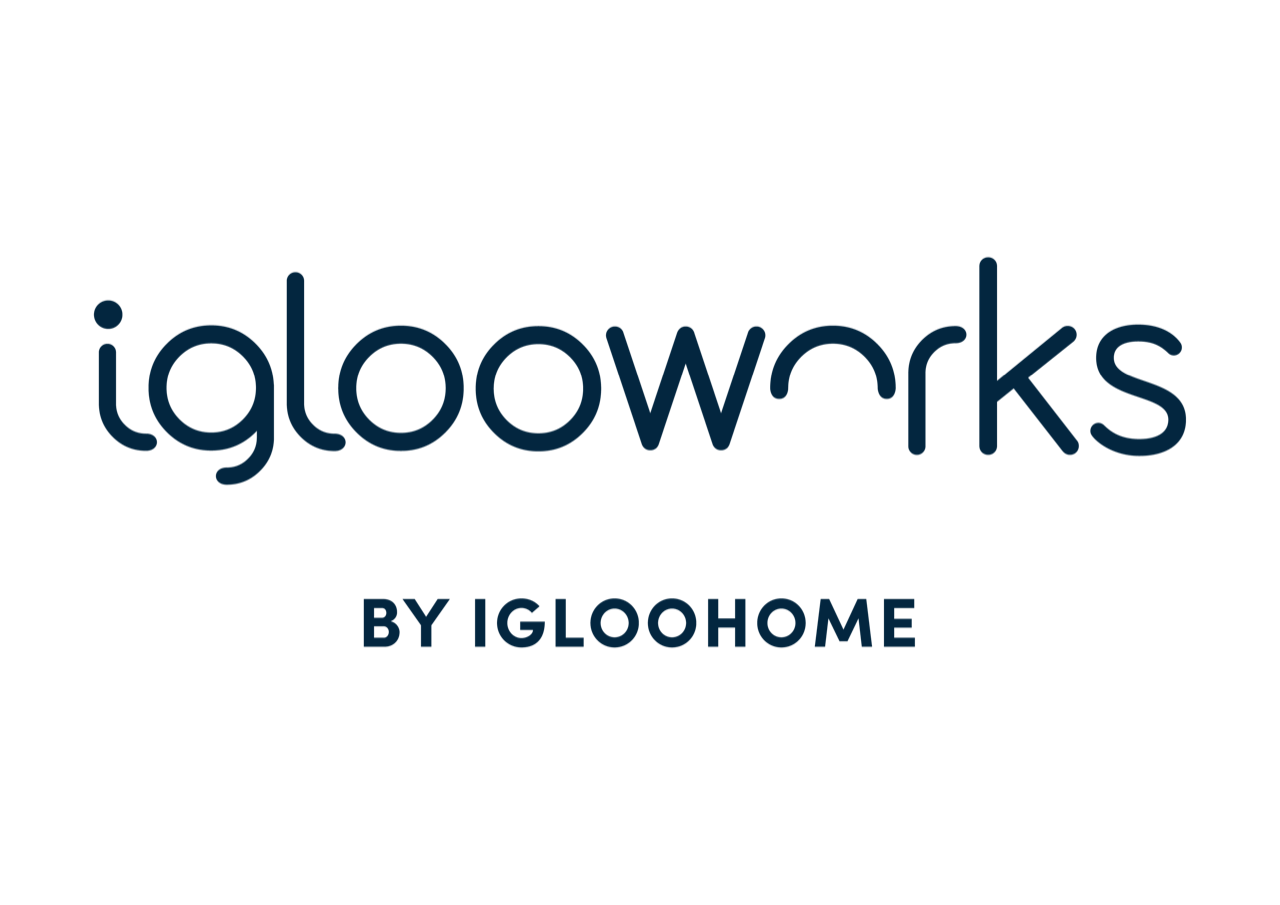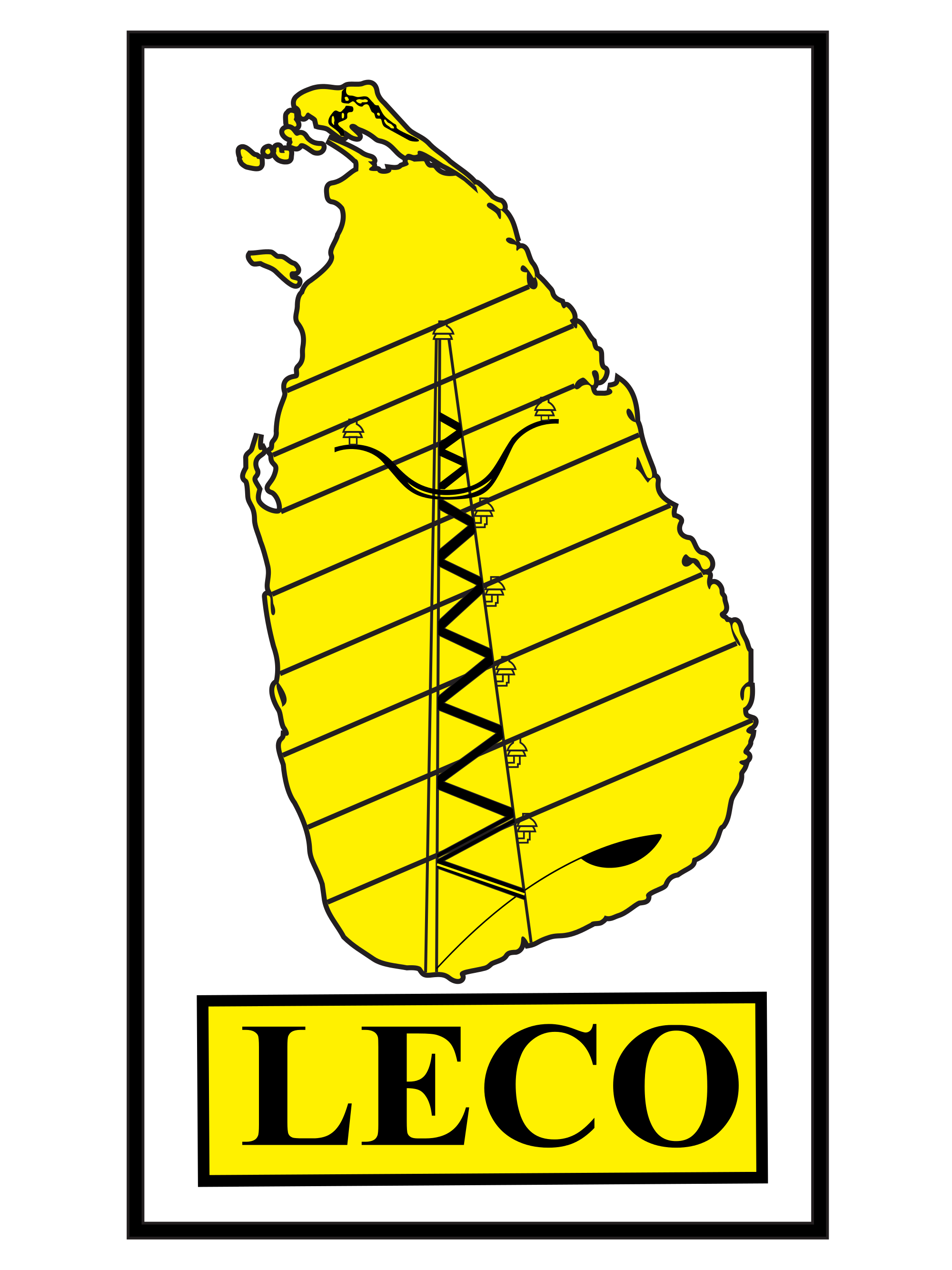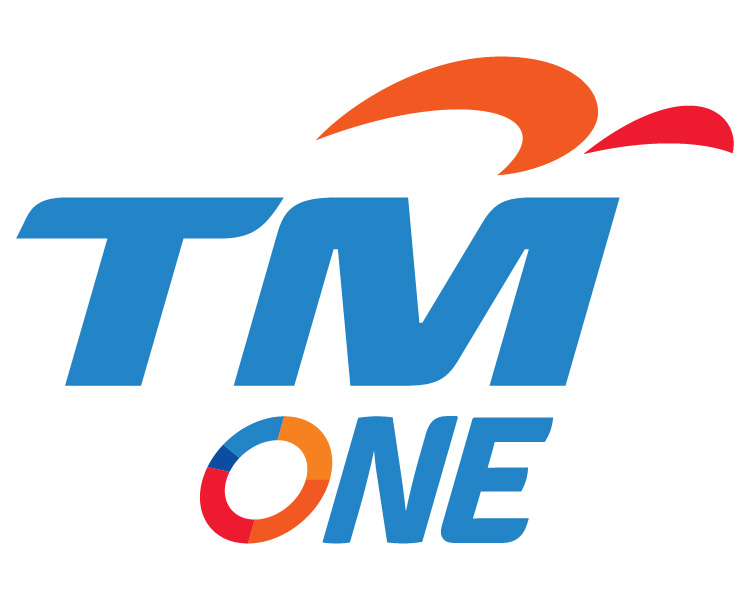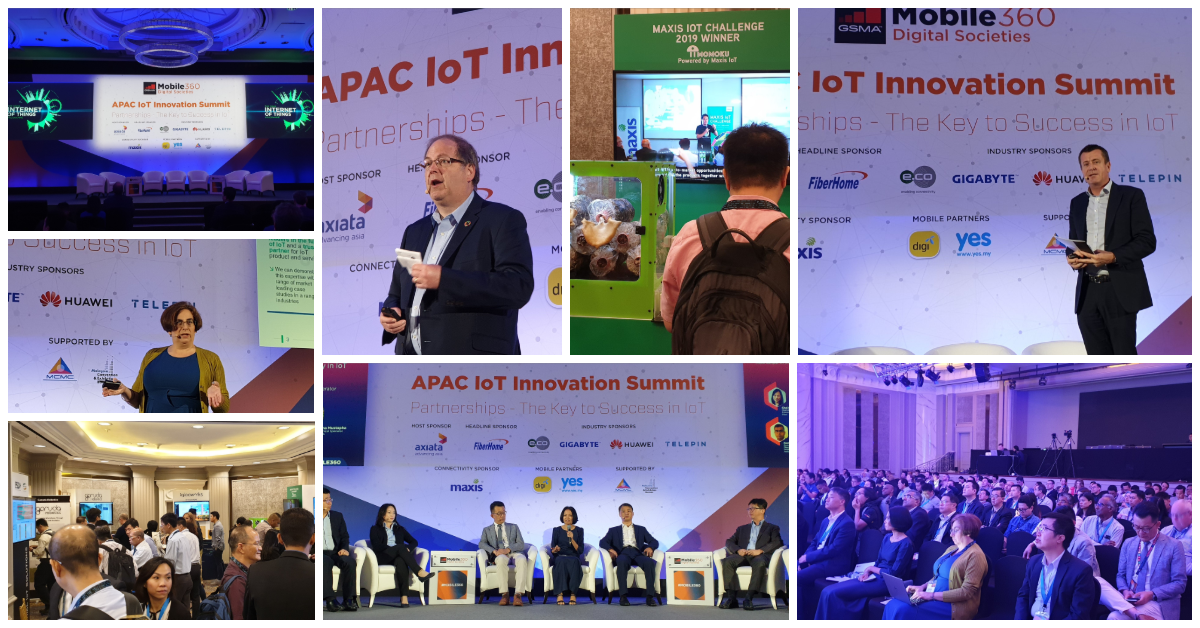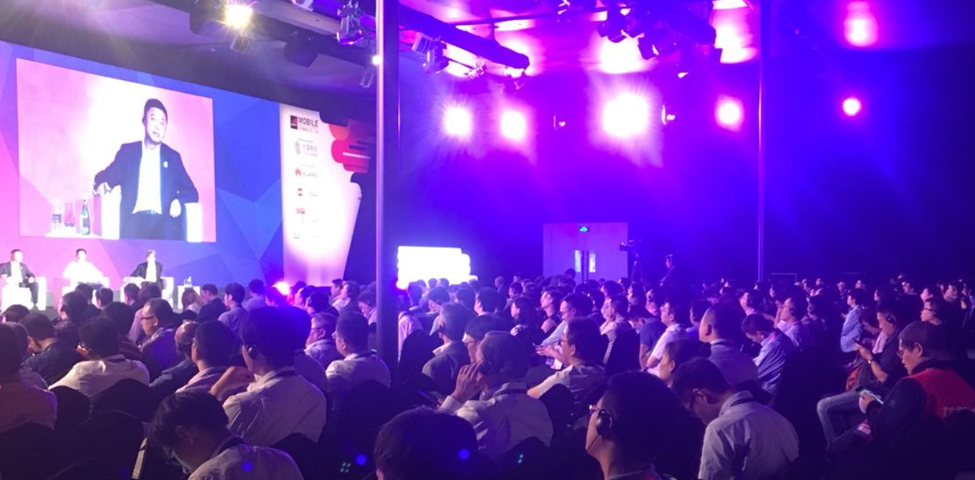It has been widely recognised in the mobile industry that Asia-Pacific (APAC) is the world’s foremost growth region in IoT, representing 40% of the total global spend last year. 37 of the world’s 121 Mobile IoT, LTE-M & NB-IoT, networks are deployed in Asia-Pacific across 15 countries, and there remains plenty of room for growth. To that end, the APAC IoT Partnership Programme was launched in October 2018, to bring together operators and their partners in the wider ecosystem for the sharing of ideas, progress updates and common challenges.
Global cellular LPWA network connections are primarily driven by the APAC region that accounts for nearly 97% of all NB-IoT (ABI Research, 2019). These Mobile IoT technologies are being merged into the 5G standards that further empower low latency, massive IoT and large bandwidth.
Attend the APAC IoT Innovation Summit at the Mobile 360 – Digital Societies to:
- Learn the latest Mobile IoT development and deployment from mobile operators
- Understand how industries adopt the technologies and get the compelling benefits
- Get insights from the regional IoT innovators and ecosystem
- Receive first-hand information from the 5G pioneer
- Leverage the great opportunities on networking, collaboration and partnership
- Visit the IoT Expo – Connected APAC (IoT Demo Showcase)
APAC IoT Innovation Summit
| Time | Topic | Speaker |
| 08:30 – 09:00 | Networking Cafe | |
| 09:05 – 09:10 | Opening Keynote | Julian Gorman, Head of Asia Pacific, GSMA |
|
09:05 – 09:10 |
Session 1: Mobile IoT Latest Deveploments Opening Address | Graham Trickey, Head of IoT, GSMA |
| 09:10 – 09:50 | Session 1: Mobile IoT Latest Developments | Dr. Indika Samarakoon, Head of M2M/IOT Strategy Development & Partner Management, Dialog Axiata, Axiata Group Nguyen Viet Anh, Chief IoT Architect, Viettel Network, Viettel Group |
| 09:50 – 10:30 | Session 2: Panel on Supply Chain for Mobile Industry in IoT | Moderator: Mona Mustapha, Technical Specialist, GSMA
|
| 10:30 – 10:55 | Refreshment Break & IoT Expo – Connected APAC | |
|
10:55 – 11:00 |
Session 3: IoT Capability Beyond Connectivity Opening Address | Barbara Pareglio, Senior Director, IoT Technology, GSMA |
| 11:00 – 12:30 | Session 3: IoT Capability Beyond Connectivity – Agriculture, Smart City, Smart Community & Smart Utility | Smart City: Azrin Aris, Director, Emerging Solutions & Innovation, TM ONE Ir. Dr. Megat Zuhairy Megat Tajuddin, Head of Competency, Innovation and Performance Division at the Public Works Department Malaysia Agriculture: Sharif Lukman Mahfoedz, Group Head Enterprise Product & Marketing, PT XL Axiata Tommy Wattimena Widjaja, CEO, PT Sierad Produce Smart Community: Syed Othman Bin Syed Salim, Head of Connected Retail & Public Infrastructure, Maxis Richard Sebastian, AGM of Innovation and Technology Department, Gamuda Land Smart Utility: Ali Fahd Ahmad, Head of Marketing, Jazz Dr. Gul Muhammad Khan, Company of Intelligent Systems and Network Research (CISNR) |
| 12:30 – 13:30 | Networking Lunch & IoT Expo – Connected APAC | |
| 13:30 – 13:50 | Session 3: IoT Capability Beyond Connectivity – Smart and Connected Lock | Chong Choon Jeng (CJ), Business Development and Partnerships Director, IoT, Singtel John Lim, Director of Business Development, South-East Asia, igloohome |
|
13:50 – 14:30 |
Session 4: Panel on Fostering IoT Ecosystem | Moderator: Terence Wong, Market Development Director, APAC, GSMA
|
|
14:30 – 15:00 |
Session 5: IoT Innovation and Ecosystem | Ong Jiin Joo, CTO, Garuda Robotics Nguyen Vinh Loc, Founder & CEO, Daviteq |
15:00 – 15:30 | Refreshment Break & IoT Expo – Connected APAC | 15:30 – 16:00 | Session 5: IoT Innovation and Ecosystem | Andri Yadi, CEO, DycodeX Hudson Lee, President, Imeus |
|
16:00 – 17:00 |
Session 6: IoT Use Cases in 5G | Sohee Shin, Senior Vice President, Global Business Group, KT Takehiro Nakamura, SVP and General Manager of the 5G Laboratories, NTT DoCoMo Alvin Poo, Regional Sales Director, Quectel |
| 17:00 – 17:05 | Closing Remark | David Turkington, Head of Technology, APAC, GSMA |
| 17:05 – 17:30 | Networking & IoT Expo – Connected APAC | |
Speakers
IoT Expo – Connected APAC
This IoT Expo will last throughout the 3-day Mobile 360 – Digital Societies event from 24 to 26 September 2019.
Live 4G and NB-IoT connectivities are proudly sponsored by ![]()
APAC Resources
APAC Industry News
Thursday 3 October, 2019
Innovative IoT Showcase at Mobile 360 in Asia-Pacific: Partnership Enables Mobile Industry’s Expansion Beyond Connectivity
Thursday 5 September, 2019
Operators Gather in Kuala Lumpur to Consider Expanding Roles Beyond Connectivity
Tuesday 30 July, 2019
NTT DoCoMo Rolls out LTE-M Across Japan
Thursday 20 June, 2019
Beyond Connectivity: Operators Look Beyond Traditional Roles as the IoT Expands
Thursday 25 April, 2019
A Rapidly Growing Ecosystem Meets: the APAC IoT Partnership Programme comes to Taipei
Wednesday 24 October, 2018
Mobile IoT Doubled in Range – Without the Need for Hardware Upgrades
Monday 8 October, 2018
Intelligent Connectivity Top of the Agenda in Bangkok as Asia Pacific Leads the Way in IoT
Wednesday 4 July, 2018
Operators Move Beyond Connectivity in the IoT Era as Asia Pulls Ahead
Wednesday 21 March, 2018
Asia-Pacific’s Ongoing Proliferation of Mobile IoT Deployments Cements its Status as World’s Most Connected Region



